The first Chechen war in the photographs of Alexander Nemenov
1. First Chechen War (Chechen Conflict 1994 — 1996, First Chechen Campaign, Restoration of Constitutional Order in the Chechen Republic) - hostilities between Russian troops (MF and MVD) and the unrecognized Chechen Republic of Ichkeria in Chechnya, and some localities in neighboring regions of the Russian North Caucasus , in order to take control of the territory of Chechnya, in which the Chechen Republic of Ichkeria was proclaimed in 1991 year.
2. Officially, the conflict was defined as “measures to maintain constitutional order”, military actions were called “the first Chechen war”, less often the “Russian-Chechen war” or “Russian-Caucasian war”. The conflict and the events preceding it were characterized by a large number of victims among the population, the military and law enforcement agencies, the facts of ethnic cleansing of the non-Chechen population in Chechnya were noted.
3. Despite certain military successes of the Armed Forces and the Ministry of Internal Affairs of Russia, the outcome of this conflict was the withdrawal of Russian units, mass destruction and casualties, the de facto independence of Chechnya before the Second Chechen War and the wave of terror sweeping across Russia.
4. With the beginning of perestroika in various republics of the Soviet Union, including Checheno-Ingushetia, various nationalist movements became more active. One of such organizations was the National Congress of the Chechen People (OKChN) created in 1990, which aimed to secession of Chechnya from the USSR and create an independent Chechen state. He was headed by former General of the Soviet Air Force Dzhokhar Dudayev.
5. 8 June 1991 at the 2nd session of the OKChN Dudayev declared the independence of the Chechen Republic Nokhchi-cho; thus, in the republic there was a dual power.
6. During the “August putsch” in Moscow, the leadership of the Chechen-Ingush ASSR supported the Emergency Committee. In response to this, 6 September 1991, Dudayev announced the dissolution of republican state structures, accusing Russia of "colonial" politics. On the same day, Dudayev guardsmen stormed the building of the Supreme Soviet, the television center and the Radio House. More than 40 deputies were beaten, and Vitaly Kutsenko, the chairman of the Grozny City Council, was thrown out of the window, causing him to die. On this occasion, the head of the Chechen Republic Zavgayev DG spoke in 1996 at a meeting of the State Duma "
Yes, on the territory of the Chechen-Ingush Republic (today it is divided) the war began in the autumn of 1991, it was a war against a multiethnic people, when the criminal criminal regime, with some support from those who are also showing an unhealthy interest in the situation, filled this people with blood. The first victim of what is happening was precisely the people of this republic, and the Chechens first of all. The war began when Vitaly Kutsenko, chairman of the Grozny city council, was killed in broad daylight during a meeting of the Supreme Soviet of the republic. When on the street was shot Besliev, Vice-Rector of the State University. When Kankalik was killed, the rector of the same state university. When every day in the autumn 1991 of the year on the streets of Grozny was found killed by up to 30 people. When, starting in the autumn of 1991 and up to 1994, the morgues of Grozny were clogged up to the ceiling, announcements were made on local television with a request to pick up, determine who was there, and so on.
- Zavgaev DG, Head of the Chechen Republic, transcript of the meeting of the State Duma from July 19 1996.
7.
8. The chairman of the Supreme Soviet of the RSFSR Ruslan Khasbulatov then sent them a telegram: "I was pleased to hear about the resignation of the republican armed forces." After the collapse of the USSR, Dzhokhar Dudayev announced the final withdrawal of Chechnya from the Russian Federation. October 27 1991 in the republic, under the control of the separatists, presidential and parliamentary elections were held. Dzhokhar Dudayev became the president of the republic. This election was declared illegal by the Russian Federation.
9. 7 November 1991 of the year Russian President Boris Yeltsin signed a decree “On the introduction of a state of emergency in the Chechen-Ingush Republic (1991)”. After these actions of the Russian leadership, the situation in the republic became sharply aggravated - supporters of the separatists surrounded the buildings of the Ministry of Internal Affairs and the KGB, military camps, blocked railway and air hubs. In the end, the introduction of the state of emergency was broken, the Decree "On the introduction of the state of emergency in the Chechen-Ingush Republic (1991)" was canceled on November 11, three days after its signing, after a heated discussion at a meeting of the Supreme Soviet of the RSFSR and from the republic The withdrawal of Russian military units and units of the Ministry of Internal Affairs was begun, which was finally completed by the summer of 1992. Separatists began to seize and plunder military depots.
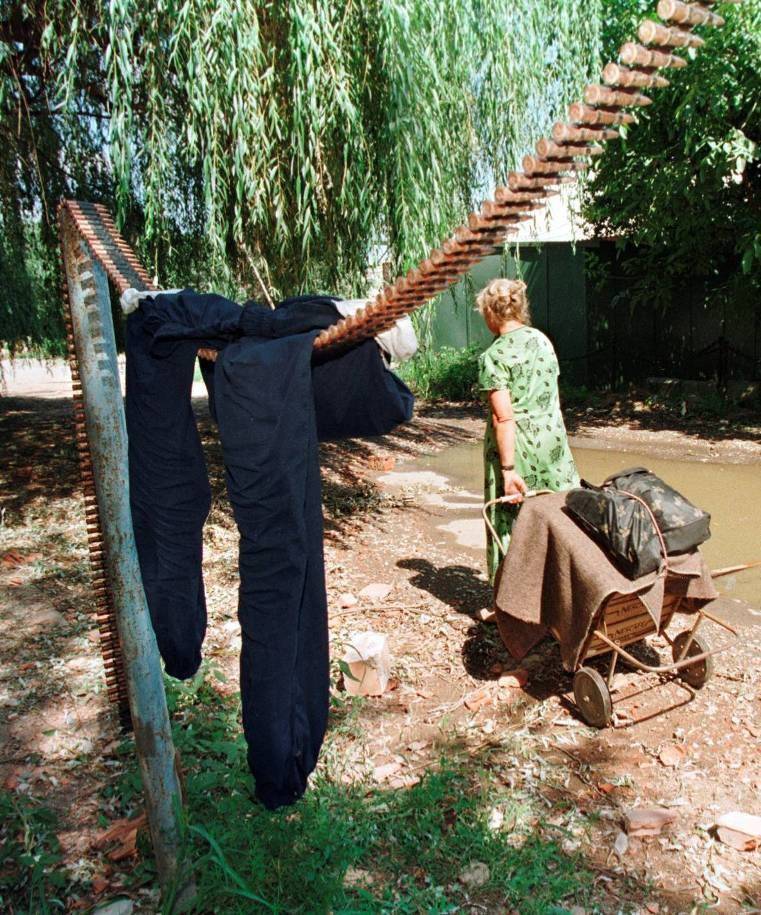
10. Dudayev's forces got a lot weapons: Two launchers of an operational-tactical missile system in a sky-ready state. 111 training aircraft L-39 and 149 L-29, the aircraft were converted into light attack aircraft; three MiG-17 fighters and two MiG-15 fighters; six An-2 planes and two Mi-8 helicopters, 117 pieces aviation missiles R-23 and R-24, 126 pieces R-60; about 7 thousand GSh-23 air shells. 42 tank T-62 and T-72; 34 BMP-1 and BMP-2; 30 BTR-70 and BRDM; 44 MT-LB, 942 cars. 18 MLRS Grad and more than 1000 shells for them. 139 artillery systems, including 30 122 mm D-30 howitzers and 24 thousand shells for them; as well as self-propelled guns 2C1 and 2C3; MT-12 anti-tank guns. Five air defense systems, 25 air defense systems of various types, 88 MANPADS; 105 pcs. SAM S-75. 590 units of anti-tank weapons, including two ATGM Competition, 24 ATGM Fagot systems, 51 ATGM Metis systems, 113 RPG-7 systems. About 50 thousand units of small arms, more than 150 thousand grenades. 27 wagons of ammunition; 1620 t of fuels and lubricants; about 10 thousand sets of clothing property, 72 tons of food; 90 tons of medical equipment.
11.
12. In June 1992, the RF Minister of Defense Pavel Grachev ordered to transfer half of all the weapons and ammunition in the republic to Dudaev. According to him, it was a forced move, since a significant part of the "transferred" weapons had already been captured, and the rest could not be taken out due to the lack of soldiers and echelons.
13. The separatist victory in Grozny led to the collapse of the Chechen-Ingush Autonomous Soviet Socialist Republic. Malgobek, Nazran and most of the Sunzhensky district of the former Chechen-Ingush ASSR formed the Republic of Ingushetia within the Russian Federation. Legally, the Chechen-Ingush ASSR ceased to exist 10 December 1992 of the year.
14. The exact border between Chechnya and Ingushetia has not been demarcated and so far (2012 year) is not defined. During the Ossetian-Ingush conflict in November 1992, Russian troops were brought into the Prigorodny district of North Ossetia. Relations between Russia and Chechnya have dramatically escalated. The Russian high command offered at the same time to solve the “Chechen problem” by force, but then the introduction of troops into the territory of Chechnya was prevented by the efforts of Yegor Gaidar.
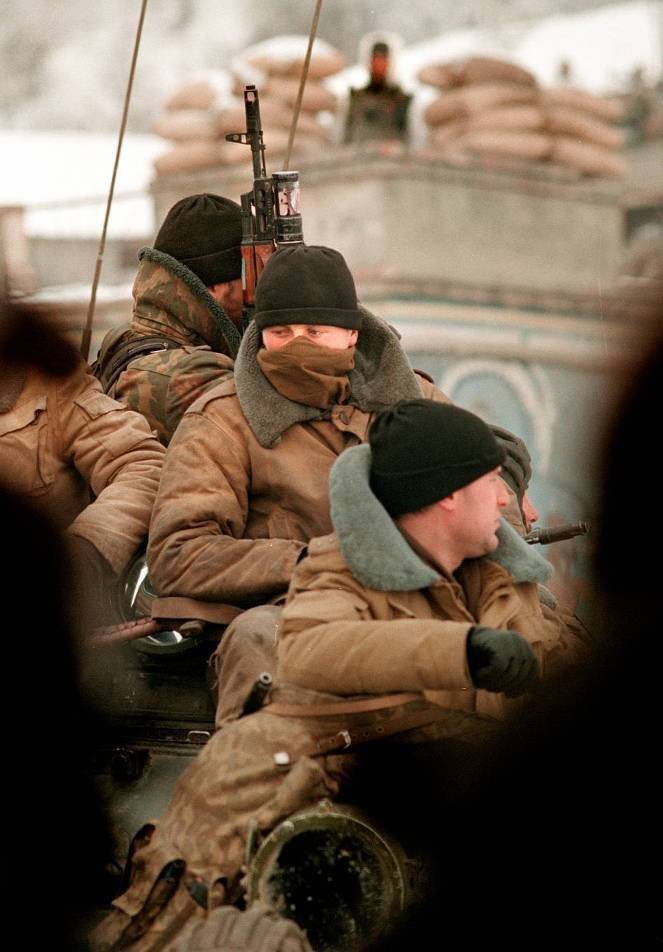
15.
16. As a result, Chechnya has become virtually independent, but not legally recognized by any country, including Russia, by the state. The republic had state symbols - the flag, the coat of arms and anthem, the authorities - the president, parliament, government, secular courts. It was supposed to create a small Armed Forces, as well as the introduction of its own national currency - nahara. In the constitution adopted by 12 in March 1992, the CRI was described as an “independent secular state”; its government refused to sign a federal treaty with the Russian Federation.
17. In fact, the state CRI system turned out to be extremely inefficient and was rapidly criminalized during the 1991 — 1994 period. In 1992 — 1993 in Chechnya, over 600 was committed by premeditated murders. During the 1993 period of the year, the Grozny branch of the North Caucasus Railway was attacked by 559 trains with full or partial looting of thousands of railcars and containers worth 4 billion rubles into 11,5. During the 8 months of 1994, 120 armed attacks were committed, which resulted in looting of 1156 wagons and 527 containers. Losses amounted to more than 11 billion rubles. In 1992 — 1994, 26 railway workers died as a result of armed attacks. The current situation forced the Russian government to make a decision to cease movement on the territory of Chechnya from October 1994.
18. A special craft was the production of fake advices, for which more than 4 trillions of rubles were received. The seizure of hostages and the slave trade flourished in the republic - according to the Rosinformcenter, a total of 1992 people were abducted from the 1790 year and illegally detained in Chechnya.
19. Even after that, when Dudayev stopped paying taxes to the general budget and prohibited Russian special services from entering the republic, the federal center continued to transfer funds from the budget to Chechnya. In 1993, 11,5 billion rubles was allocated to Chechnya. Until 1994, Russian oil continued to flow into Chechnya, while it was not paid and resold abroad.
20. The period of Dudayev’s rule is characterized by ethnic cleansing against the entire non-Chechen population. In 1991 — 1994, the non-Chechen (primarily Russian) population of Chechnya was subjected to killings, attacks and threats from Chechens. Many were forced to leave Chechnya, being expelled from their homes, leaving or selling apartments to Chechens at a low price. Only in the 1992 year, according to the Ministry of Internal Affairs, 250 Russians were killed in Grozny, 300 was missing. Mortuaries were filled with unidentified corpses. Broad anti-Russian propaganda was kindled by appropriate literature, direct insults and appeals from the governmental tribunes, desecration of Russian cemeteries [
21. In the spring of 1993 in the CRI, the contradictions between President Dudayev and the parliament sharply sharpened. 17 April 1993, the year Dudayev announced the dissolution of parliament, the constitutional court and the Ministry of Interior. 4 June, armed Dudayevites under the command of Shamil Basayev seized the building of the Grozny City Council, which held sessions of parliament and the constitutional court; thus, in the CRI a coup d'état took place. The constitution adopted last year was amended, the regime of personal power of Dudayev was established in the republic, which lasted until August 1994, when legislative powers were returned to parliament
22. After the June 4 coup d'état, in the northern regions of Chechnya, which were not controlled by the separatist government in Grozny, an anti-Dudayev opposition was formed, which began an armed struggle against the Dudayev regime. The first opposition organization was the National Salvation Committee (KNS), which conducted several armed actions, but soon was defeated and disintegrated. It was replaced by the Provisional Council of the Chechen Republic (VSCR), which proclaimed itself the sole legitimate authority in the territory of Chechnya. VCHR was recognized as such by the Russian authorities, who provided him with all kinds of support (including arms and volunteers).
23. Since the summer of 1994, hostilities have unfolded in Chechnya between the troops loyal to Dudayev and the forces of the opposition Provisional Council. The troops loyal to Dudayev conducted offensive operations in the Nadterechny and Urus-Martan districts controlled by the opposition forces. They were accompanied by significant losses on both sides, tanks, artillery and mortars were used.
24. The forces of the sides were approximately equal, and not one of them was able to gain the upper hand in the struggle.
25. Only in Urus-Martan in October 1994, the Dudayev residents lost 27 people killed, according to the opposition. The operation was planned by the Chief of Staff of the Armed Forces of the ChRI Aslan Maskhadov. The commander of the opposition unit in Urus-Martan, Bislan Gantamirov, lost from 5 to 34 people killed, according to various sources. In Argun, in September 1994, a detachment of opposition field commander Ruslan Labazanov lost 27 people killed. The opposition, in turn, 12 of September and 15 of October, 1994 of the year carried out offensive actions in Grozny, but every time it retreated, not having achieved decisive success, although it did not suffer heavy losses.
26. On November 13, the oppositionists stormed Grozny unsuccessfully for the third time. At the same time, a number of Russian servicemen who “fought on the side of the opposition” under a contract with the Federal Counterintelligence Service were captured by Dudayev’s supporters.
27. Deployment (December 1994)
At that time, the use of the phrase “the entry of Russian troops into Chechnya,” according to the deputy and journalist Alexander Nevzorov, was largely caused by a journalistic terminological confusion — Chechnya was part of Russia [22].
Even before the announcement of any decision by the Russian authorities, December 1, Russian aviation struck Kalinovskaya and Khankala airfields and destroyed all aircraft that were in the possession of the separatists. December 11 The President of the Russian Federation, Boris Yeltsin, signed Decree No. 2169 “On Measures to Ensure Law, Order and Public Security in the Chechen Republic”. Later, the Constitutional Court of the Russian Federation recognized most of the decrees and government decrees that substantiated the actions of the federal government in Chechnya consistent with the Constitution.
On the same day, units of the United Group of Forces (OGV), which consisted of units of the Ministry of Defense and Internal Troops of the Ministry of Internal Affairs, entered the territory of Chechnya. The troops were divided into three groups and entered from three different sides - from the west from North Ossetia through Ingushetia), from the north-west from the Mozdok district of North Ossetia directly bordering Chechnya and from the east from Dagestan) [24].
The eastern group was blocked in the Khasavyurt district of Dagestan by local residents - Chechen Akkins. The western group was also blocked by local residents and came under fire near the village of Barsuki; however, using force, it still broke into Chechnya. The Mozdok grouping was the most successful, with 12 December already approaching the village of Dolinsky, located in 10 km from Grozny.
Near Dolinsky, Russian troops came under fire from a Chechen rocket artillery installation "Grad" and then fought for this town.
Kizlyar group reached the village of Tolstoy-Yurt 15 December.
The new offensive of the units of the OGV began on December 19. The Vladikavkaz (Western) grouping blocked Grozny from the western direction, bypassing the Sunzha Range. December 20 Mozdok (North-Western) group took Dolinsky and blocked Grozny from the north-west. The Kizlyar (eastern) grouping blocked Grozny from the east, and the paratroopers of the 104 airborne regiment blocked the city from the Argun gorge. At the same time, the southern part of Grozny was unblocked.
Thus, at the initial stage of the hostilities, in the first weeks of the war, Russian troops were able to occupy the northern regions of Chechnya with little or no resistance.
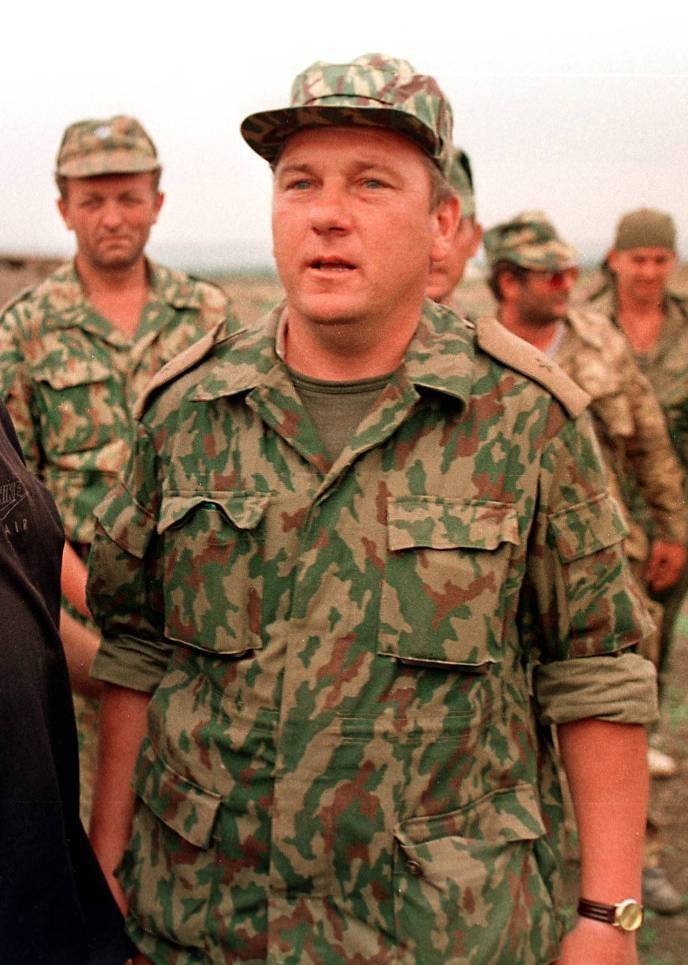
28. Assault on Grozny (December 1994 - March 1995)
In mid-December, federal troops began shelling the suburbs of Grozny, and on December 19 the first bombing of the city center was struck. During the shelling and bombardment, many civilians (including ethnic Russians) were killed and wounded.
Despite the fact that Grozny was still not blocked from the south side, 31 December 1994 of the year began the storming of the city. About 250 armored vehicles entered the city, extremely vulnerable in street battles. Russian troops were poorly trained, there was no interaction and coordination between the various units, many soldiers did not have combat experience. The troops had aerial photographs of the city, outdated plans of the city in limited quantities. Communication equipment was not equipped with closed communication equipment, which allowed the enemy to intercept the negotiations. The troops were ordered to occupy only industrial buildings, squares and the inadmissibility of invading the homes of civilians.
The Western grouping of troops was stopped, the Eastern group also retreated and took no action until January 2, 1995. On northbound 1-rd and 2-Battalions 131-th separate Maikop Motorized Brigade (more than 300 people), motorized infantry battalion and a tank company 81-th Petrakuvskogo Motorized Rifle Regiment (10 tanks), were under the command of General Pulikovskiy, reached the railway station and the Presidential Palace. Federal forces were encircled - the losses of the battalions of the Maikop brigade, according to official data, made up the 85 people killed and 72 missing, destroyed 20 tanks, the brigade commander Colonel Savin died, more than 100 soldiers were taken prisoner.
The Eastern group under the command of General Rokhlin was also surrounded and bogged down in battles with separatist units, but nevertheless, Rokhlin did not give the order to retreat.
7 January 1995 of the North-East and North groups are united under the command of General Rokhlin, and Ivan Babichev becomes the commander of the West group.
Russian troops changed tactics - now, instead of mass use of armored vehicles, they used maneuverable airborne assault groups supported by artillery and aircraft. In Grozny, fierce street battles began.
Two groups moved to the Presidential Palace and by January 9 occupied the building of the oil institute and the Grozny airport. By January 19, these groups met in the center of Grozny and captured the Presidential Palace, but Chechen separatist detachments retreated across the Sunzha River and occupied the defense in Minutka Square [26]. Despite the successful offensive, Russian troops controlled at that time only about a third of the city.
By the beginning of February, the number of agents was increased to 70 000 people. The new commander of the UGV was General Anatoly Kulikov.
Only 3 in February 1995 of the year was formed the grouping "South" and began the implementation of the plan to blockade Grozny from the south side. By February 9, Russian units reached the line of the Rostov-Baku federal highway.
13 February in the village of Sleptsovskaya (Ingushetia), negotiations were held between the commander of the UGA Anatoly Kulikov and the Chief of the General Staff of the Armed Forces of the ChRI Aslan Maskhadov to conclude a temporary truce - the sides exchanged lists of prisoners of war, and both sides were given the opportunity to remove the dead and wounded from the streets of the city. The truce, however, was broken by both parties.
In 20 in February, street fighting continued in the city (especially in its southern part), but the Chechen troops, deprived of support, gradually retreated from the city.
Finally, on March 6, a detachment of militants from Chechen field commander Shamil Basayev retreated from Chernorechye, the last region of Grozny controlled by separatists, and the city finally came under the control of Russian troops.
A pro-Russian administration of Chechnya was formed in Grozny, headed by Salambek Khadzhiev and Umar Avturkhanov.
As a result of the storming of Grozny, the city was virtually destroyed and turned into ruins.
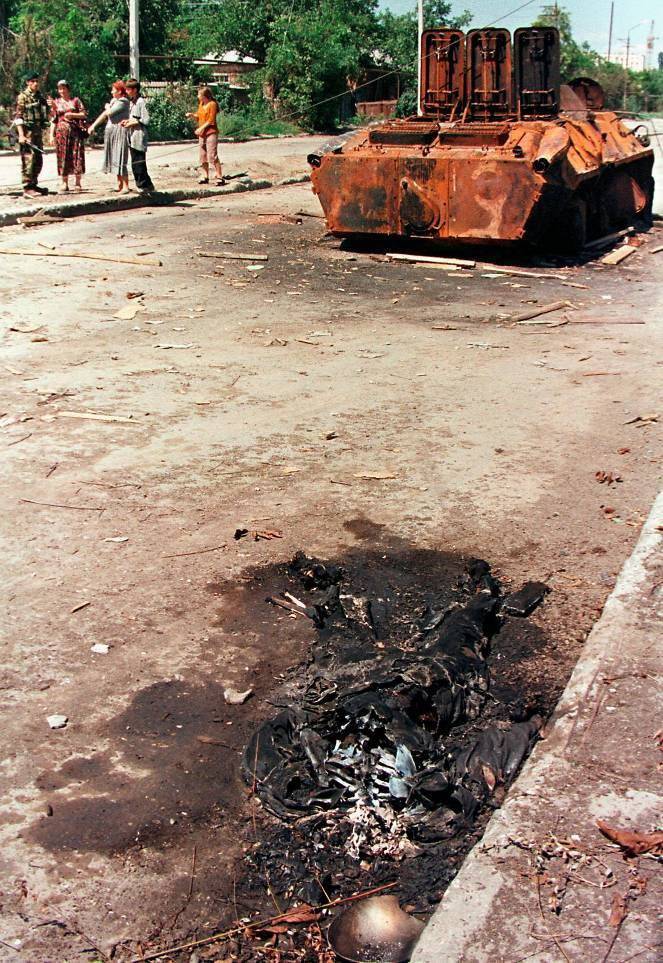
29. Establishment of control over lowland areas of Chechnya (March - April 1995)
After the storming of Grozny, the main task of the Russian troops was to establish control over the flat areas of the rebellious republic.
The Russian side began to conduct active negotiations with the population, urging local residents to expel militants from their localities. At the same time, Russian units occupied the dominant heights above the villages and cities. Because of this, 15 — 23 March was taken Argun, 30 and 31 March were taken without a fight the cities of Shali and Gudermes, respectively. However, militant units were not destroyed and left settlements without hindrance.
Despite this, local battles were fought in the western regions of Chechnya. 10 March began fighting for the village of Bamut. 7 — 8 of April, a joint detachment of the Ministry of Internal Affairs, consisting of the Sofrinsky brigade of the internal troops and supported by SOBR and OMON units, entered the village of Samashki (Achkhoy-Martan district of Chechnya). It was alleged that the village was defended by more than 300 people (the so-called “Abkhaz battalion” of Shamil Basayev). After the Russian military entered the village, some of the residents who had weapons began to resist, and gunfights started in the streets of the village.
According to a number of international organizations (in particular, the UN Commission on Human Rights - UNCHR), many civilians were killed during the battle for Samashki. This information, spread by the separatist agency Chechen-press, however, turned out to be quite contradictory - so, according to the statement of representatives of the human rights center Memorial, these data “are not credible.” According to the "Memorial", the minimum number of civilians who died during the stripping of the village was 112 — 114 people.
One way or another, this operation caused a great resonance in Russian society and intensified anti-Russian sentiments in Chechnya.
15 — 16 of April began the decisive assault on Bamut — Russian troops managed to enter the village and gain a foothold on the outskirts. Then, however, the Russian troops were forced to leave the village, because now the militants had occupied the dominant heights above the village, using the old missile mines of the Strategic Missile Forces, designed for nuclear warfare and invulnerable to Russian aviation. A series of battles for this village continued until June of 1995, then the battles were suspended after the terrorist attack in Budennovsk and resumed in February of 1996.
By April, 1995, Russian troops occupied almost the entire flat territory of Chechnya, and the separatists focused on sabotage and partisan operations.
30. Establishment of control over the mountainous areas of Chechnya (May - June 1995)
From 28 April to 11 May 1995, the Russian side announced the suspension of hostilities for its part.
The offensive resumed only on May 12. The attacks of the Russian troops fell on the villages of Chiri-Yurt, which covered the entrance to the Argun gorge and Serzhen-Yurt, which was located at the entrance to the Vedeno gorge. Despite significant superiority in manpower and equipment, Russian troops were bogged down in the enemy’s defenses — it took a week of shelling and bombing to take Chiri-Yurt.
Under these conditions, the Russian command decided to change the direction of the strike - instead of Shatoi, to Vedeno. Militant units were shackled in the Argun Gorge and 3 of June Vedeno was taken by Russian troops, and 12 of June were taken by the regional centers Shatoy and Nozhay-Yurt.
Also, as in the flat areas, the separatist forces were not defeated and they were able to leave the abandoned settlements. Therefore, even during the “truce”, the militants were able to transfer a significant part of their forces to the northern regions - on May 14, the city of Grozny was shelled more than 14 times.
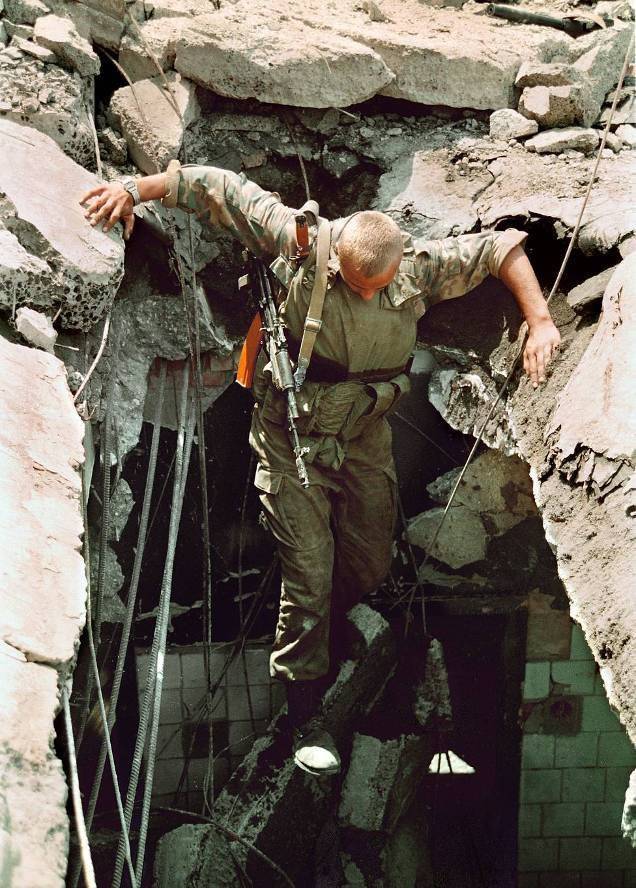
31. The terrorist act in Budyonnovsk (14 — 19 June 1995)
14 June 1995, a group of Chechen fighters numbering 195 people, led by field commander Shamil Basayev, drove into trucks on the territory of the Stavropol Territory and stopped in the town of Budyonnovsk.
The first target of the attack was the GOVD building, then the terrorists occupied the city hospital and drove the captured civilians into it. All in all, the terrorists held around 2000 hostages. Basayev put forward demands to the Russian authorities - the cessation of hostilities and the withdrawal of Russian troops from Chechnya, negotiating with Dudayev through the mediation of UN representatives in exchange for the release of hostages.
Under these conditions, the authorities decided to storm the hospital building. Due to the leakage of information, terrorists managed to prepare to repel the assault, which lasted four hours; in the end, the special forces repulsed all the corps (except the main one), freeing 95 hostages. The losses of the special forces amounted to three people killed. On the same day, an unsuccessful second assault attempt was made.
After the failure of force actions to free the hostages, negotiations began between the then Prime Minister of the Russian Federation, Viktor Chernomyrdin, and field commander Shamil Basayev. The terrorists were provided with buses, on which they, along with 120 hostages, arrived in the Chechen village of Zandak, where the hostages were released.
The total losses of the Russian side, according to official data, amounted to 143 people (of whom 46 were officers of the security forces) and 415 injured, the loss of terrorists - 19 killed and 20 injured
32. Situation in the Republic in June - December 1995
After the terrorist attack in Budennovsk, from 19 to 22 in June, the first round of negotiations between the Russian and Chechen parties took place in Grozny, during which an imposition of a moratorium on hostilities for an indefinite period [32] was achieved.
From 27 to 30, June, the second stage of negotiations took place there, during which an agreement was reached on the exchange of all-in-all prisoners, the disarming of the CRI detachments, the withdrawal of Russian troops and the holding of free elections [32].
Despite all the agreements reached, the armistice regime was violated by both parties. Chechen detachments returned to their villages, but not as members of illegal armed groups, but as “self-defense detachments” [33]. Local battles were fought throughout the territory of Chechnya. For some time, the resulting tension was resolved through negotiations. Thus, on August 18 — 19, Russian troops blocked Achkhoi-Martan; the situation was resolved at the negotiations in Grozny [32].
21 August, a detachment of militants by field commander Alaudi Khamzatov captured Argun, but after heavy shelling by Russian troops, he left the city, which was then introduced into Russian armored vehicles [32].
In September, Achkhoy-Martan and Sernovodsk were blocked by Russian troops, since militants were stationed in these settlements. The Chechen side refused to leave the occupied positions, since, according to them, they were “self-defense units”, which had the right to be in accordance with the agreements [32] reached earlier.
October 6 1995, the commander of the United Group of Forces (UGV), General Romanov, was assassinated, as a result of which he was in a coma. In turn, “punishment strikes” were inflicted on Chechen villages [33].
On October 8, an unsuccessful attempt was made to eliminate Dudayev — an air strike [32] was struck on the village of Roshni-Chu.
Before the elections, the Russian leadership decided to change the heads of the pro-Russian administration of the republic Salambek Khadzhiev and Umar Avturkhanov to the former head of the Chechen-Ingush ASSR, Dokka Zavgaev [33].
10 — 12 December, the city of Gudermes, occupied by Russian troops without resistance, was captured by the troops of Salman Raduyev, Khunkar-Pasha Israpilov and Sultan Geliskhanov. 14 — 20 December was fighting for this city, it took about a week for the “sweeps” to take Russian troops to finally take control of Gudermes [33].
14 — December 17 held elections in Chechnya, which were held with a large number of violations, but nevertheless, they were declared valid. Supporters of the separatists announced in advance about the boycott and non-recognition of the elections. Dokku Zavgayev won the election, receiving over 90% of the vote; at the same time, all members of the UGV [33] participated in the elections.
33. The Kizlyar Terror Act (9 — 18 January 1996)
9 January 1996, a detachment of 256 militants under the command of field commanders Salman Raduyev, Turpal-Ali Atgeriyev and Khunkar-Pasha Israpilov raided the city of Kizlyar. The initial goal of the militants was the Russian helicopter base and armory. The terrorists destroyed two Mi-8 transport helicopters and took several hostages from among the soldiers guarding the base. The Russian military and law enforcement agencies began to catch up to the city, so the terrorists seized the hospital and maternity hospital, driving more civilians to 3000. This time, the Russian authorities did not give the order to storm the hospital, so as not to reinforce the anti-Russian sentiment in Dagestan. In the course of the negotiations, it was possible to agree on providing the militants with buses to the border with Chechnya in exchange for the release of hostages who were supposed to be landed near the border. January 10 column with militants and hostages moved to the border. When it became clear that the terrorists would go to Chechnya, the bus convoy was stopped by warning shots. Taking advantage of the confusion of the Russian leadership, the militants seized the village of Pervomaiskoye, disarming the police checkpoint there. From 11 to 14 in January, negotiations were held, 15 — 18 in January was a failed assault on the village. In parallel with the assault on Pervomaisky, on January 16, in the Turkish port of Trabzon, a group of terrorists seized the Avrasia passenger ship with threats to shoot Russian hostages if the assault was not stopped. After two days of talks, the terrorists surrendered to the Turkish authorities.
On January 18, under the cover of night, the militants broke through the encirclement and left for Chechnya.
The losses of the Russian side, according to official data, amounted to 78 people dead and several hundred wounded.
34. Militants attack Grozny (6 — 8 March 1996)
6 March 1996, several detachments of militants attacked from different directions controlled by Russian troops in Grozny. The militants seized the Staropromyslovsky district of the city, blocked and fired on Russian checkpoints and roadblocks. Despite the fact that Grozny remained under the control of the Russian armed forces, the separatists took with them supplies of food, medicine and ammunition [34]. Losses of the Russian side, according to official data, made 70 people killed and 259 injured
35. Fight at the village of Yaryshardy (16 April 1996)
16 April 1996, a column of the 245 th motorized rifle regiment of the Armed Forces of Russia, moving into Shatoi was ambushed in the Argun gorge near the village of Yaryshmardy. The operation was led by the field commander Khattab. The militants knocked down the head and closing column of the vehicle, thus the column was blocked and suffered significant losses - almost all the armored vehicles and half of the personnel were lost.
36. Liquidation of Dzhokhar Dudayev (April 21 1996)
From the very beginning of the Chechen campaign, the Russian special services repeatedly tried to liquidate the President of the ChRI, Johar Dudayev. Attempts to send killers failed. It was found out that Dudayev often talks on the satellite phone of the Inmarsat system [35].
21 April 1996, the Russian DRLO A-50 aircraft, on which the equipment was installed for carrying the satellite telephone signal, received an order to take off. At the same time, Dudaev’s motorcade went to the area of the village of Gekhi-Chu. Deploying his phone, Dudayev contacted Konstantin Borov. At this point, the signal from the phone was intercepted, and two attack aircraft Su-25 took off. When the planes reached the target, two missiles were fired through the tuple, one of which hit the target [35].
By a closed decree of Boris Yeltsin, several military pilots were awarded the titles of Heroes of the Russian Federation.
37. Negotiations with the separatists (May - July 1996)
Despite some successes of the Russian Armed Forces (the successful liquidation of Dudayev, the final capture of the settlements of Goiskoye, Old Achkhoy, Bamut, Shali), the war began to take a protracted nature. In the context of the upcoming presidential elections, the Russian leadership has decided once again to negotiate with the separatists [33].
27 — May 28 in Moscow hosted a meeting of the Russian and Ichkerian (headed by Zelimkhan Yandarbiyev) delegations, at which they managed to agree on a truce with June 1 and exchange of prisoners. Immediately after the end of negotiations in Moscow, Boris Yeltsin flew to Grozny, where he congratulated the Russian military on the victory over the “rebellious Dudaev regime” and announced the abolition of conscription [1996].
10 June in Nazran (Republic of Ingushetia) during the next round of negotiations, an agreement was reached on the withdrawal of Russian troops from Chechnya (with the exception of two brigades), the disarming of separatist detachments, and the holding of free democratic elections. The question of the status of the republic was temporarily postponed [33].
The agreements concluded in Moscow and Nazran were violated by both sides, in particular, the Russian side was in no hurry to withdraw its troops, and the Chechen field commander Ruslan Khaykhoroyev claimed responsibility for the blast of a regular bus in Nalchik [33].
3 July 1996, the current President of the Russian Federation, Boris Yeltsin, was reelected to the presidency. The new Secretary of the Security Council, Alexander Lebed, announced the resumption of hostilities against the militants.
On July 9, after the Russian ultimatum, hostilities resumed — aircraft launched strikes against militant bases in the Shatoi, Vedeno, and Nozhai-Yurt areas [33].
38. Operation Jihad (6 — 22 August 1996)
6 August 1996, groups of Chechen separatists from 850 [36] to 2000 [37], attacked Grozny once again. The separatists did not set out to capture the city; they blocked the administrative buildings in the city center, as well as fired roadblocks and checkpoints. The Russian garrison under the command of General Pulikovsky, despite significant superiority in manpower and equipment, could not keep the city.
Simultaneously with the storming of Grozny, the separatists also seized the cities of Gudermes (taken by them without a fight) and Argun (the Russian troops kept only the building of the commandant's office) [37].
According to Oleg Lukin, precisely the defeat of the Russian troops in Grozny led to the signing of the Khasavyurt agreements on a cease-fire.
39. Khasavyurt Agreement (31 August 1996)
August 31 1996 representatives of Russia (Chairman of the Security Council Alexander Lebed) and Ichkeria (Aslan Maskhadov) in the city of Khasavyurt (Dagestan) signed an armistice agreement. Russian troops were completely withdrawn from Chechnya, and the decision on the status of the republic was postponed until December 31 2001.
40. The outcome of the war was the signing of the Khasavyurt agreements and the withdrawal of Russian troops. Chechnya has again become a de facto independent, but de jure unrecognized by any country in the world (including Russia) state.
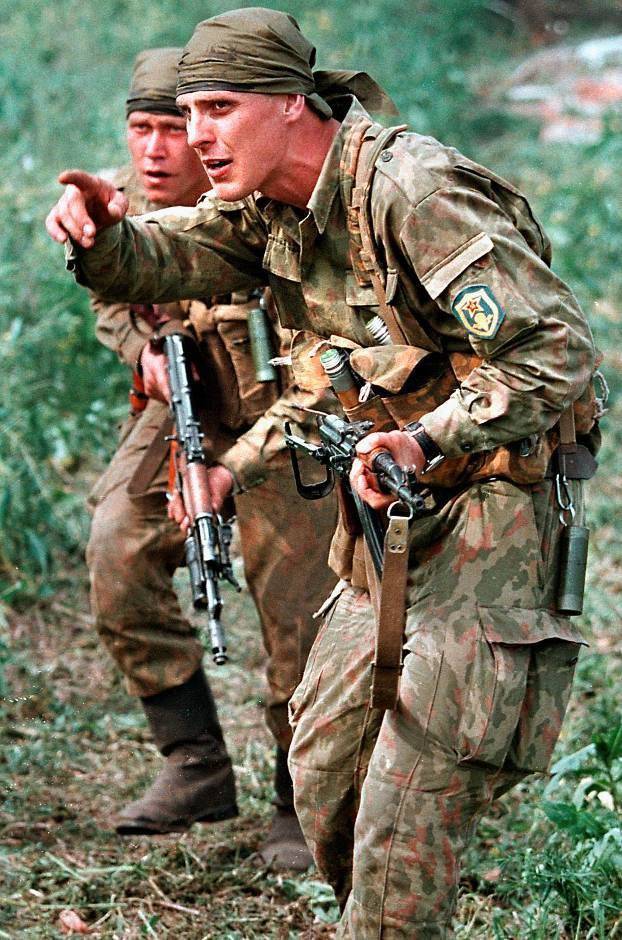
41.
42. Destroyed houses and villages were not restored, the economy was exclusively criminal, however, it was criminal not only in Chechnya, as, according to the former deputy Konstantin Borovoy, kickbacks in the construction business under contracts of the Ministry of Defense reached 80% during the First Chechen War from the amount of the contract. . Due to ethnic cleansing and fighting, almost all non-Chechen people left (or were killed) Chechnya. An inter-war crisis and the growth of Wahhabism began in the republic, which later led to the invasion of Dagestan and then to the beginning of the Second Chechen War. "
43. According to data released by the UGV headquarters, the losses of the Russian troops were 4103 people killed, 1231 - missing / deserted / prisoners, 19 794 injured
44. According to the Committee of Soldiers' Mothers, the losses amounted to at least 14 000 people killed (documented cases of death according to the mothers of dead servicemen).
45. However, it should be taken into account that the data of the Committee of Soldiers' Mothers include only casualties of conscript soldiers, excluding the losses of contract servicemen, special fighters, etc. The losses of the militants, according to the Russian side, were 17 391 people. According to the chief of staff of the Chechen divisions (later the President of the CRI) A. Maskhadov, the losses of the Chechen side made about 3000 people killed. According to Memorial, the loss of militants did not exceed 2700 people killed. The number of civilian casualties is not known for sure - according to the estimates of the human rights organization Memorial, they make up to 50 thousands of people killed. Secretary of the Security Council of the Russian Federation A. Lebed estimated the losses of the civilian population of Chechnya at 80000 people killed.
46. Since December 15, the Mission of the Commissioner for Human Rights in the North Caucasus began to operate in the conflict zone, which included deputies of the State Duma of the Russian Federation and a representative of Memorial (later called the Mission of NGOs under the leadership of S. A. Kovalev) . “Mission Kovalev” did not have official powers, but acted with the support of several human rights NGOs, the Human Rights Center “Memorial” coordinated the work of the Mission.
47. 31 December 1994, on the eve of the storming of Grozny by Russian troops, Sergei Kovalev, as part of a group of State Duma deputies and journalists, was negotiating with Chechen militants and parliamentarians in the presidential palace in Grozny. When the assault began and Russian tanks and armored personnel carriers began to burn in the square in front of the palace, civilians took refuge in the basement of the presidential palace, and soon wounded and captured Russian soldiers began to appear there. Correspondent Danila Galperovich recalled that Kovalev, being at the headquarters of Dzhokhar Dudayev among the militants, "was almost always in the basement room equipped with army radio stations", offering Russian tankmen "way out of the city without shooting if they marked the route". According to journalist Galina Kovalskaya who was there, after they were shown burning Russian tanks in the city center,
48. According to the Institute of Human Rights, headed by Kovalev, this episode, as well as Kovalyov’s entire human rights and anti-war stance, became a reason for a negative reaction from the military leadership, government officials, and numerous supporters of the “state” approach to human rights. In January 1995, the State Duma adopted a draft resolution, in which its work in Chechnya was deemed unsatisfactory: as Kommersant wrote, “because of its“ one-sided position ”aimed at justifying illegal armed formations.” In March, 1995, the State Duma dismissed Kovalyov from the post of Commissioner for Human Rights in Russia, according to Kommersant, “for his statements against the war in Chechnya”
49. Since the beginning of the conflict, the International Committee of the Red Cross (ICRC) has launched an extensive program of assistance to the victims, providing in the first months more than 250 000 displaced people with food packages, blankets, soap, warm clothes and plastic covers. In February, 1995 of the remaining 120 000 70 residents in Grozny, 000 thousands completely depended on the assistance of the ICRC. In Grozny, the water supply and sewage systems were completely destroyed, and the ICRC hastily set about organizing the supply of drinking water to the city. In the summer of 1995, every day around 750 000 liters of chlorinated water, based on meeting the needs of more than 100 000 residents were transported in tank trucks to 50 distribution points throughout Grozny. Over the next year, 1996 produced more than 230 million liters of drinking water for residents of the North Caucasus.
50.
51. Over the 1995 — 1996 years, the ICRC has implemented a number of assistance programs for victims of armed conflict. Its delegates visited about 700 people detained by federal forces and Chechen militants in 25 detention centers in Chechnya and neighboring regions, delivered more than 50 000 letters to the addressees on the Red Cross message forms, which became the only way for separated families to make contact with each other, so how all kinds of communication were interrupted. The ICRC provided 75 medicines and medical supplies to hospitals and medical institutions in Chechnya, North Ossetia, Ingushetia and Dagestan, participated in the rehabilitation and provision of medicines to hospitals in Grozny, Argun, Gudermes, Shali, Urus-Martan and Shatoi, provided regular assistance to health centers for disabled people and Shali, Urus-Martan and Shatoi, provided regular assistance to health centers for disabled people and Shousoi, Urus-Martan and Shatoi. shelters.
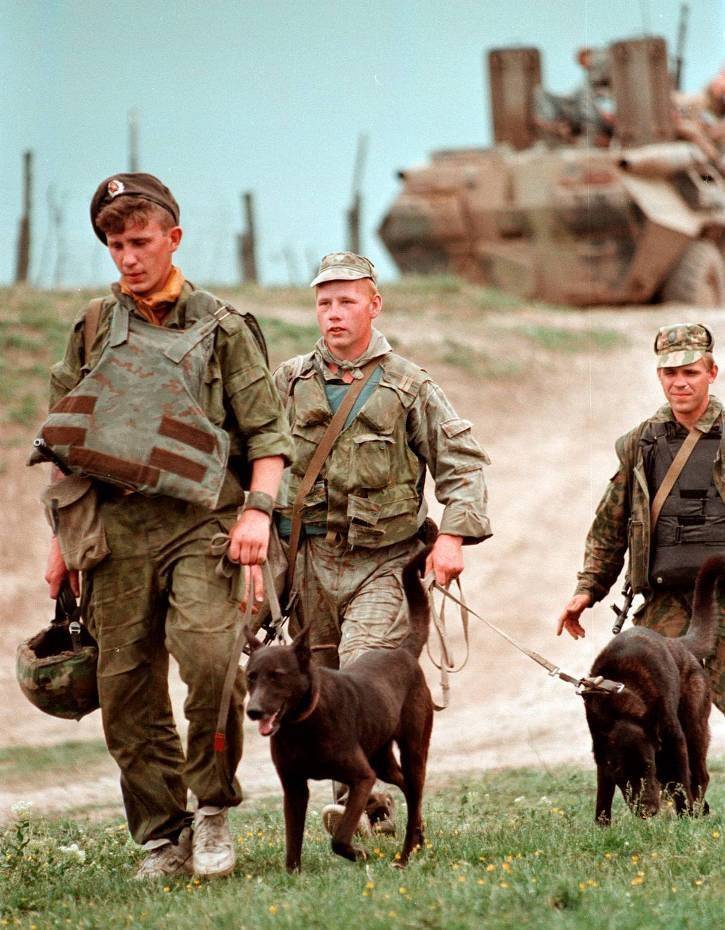
52.
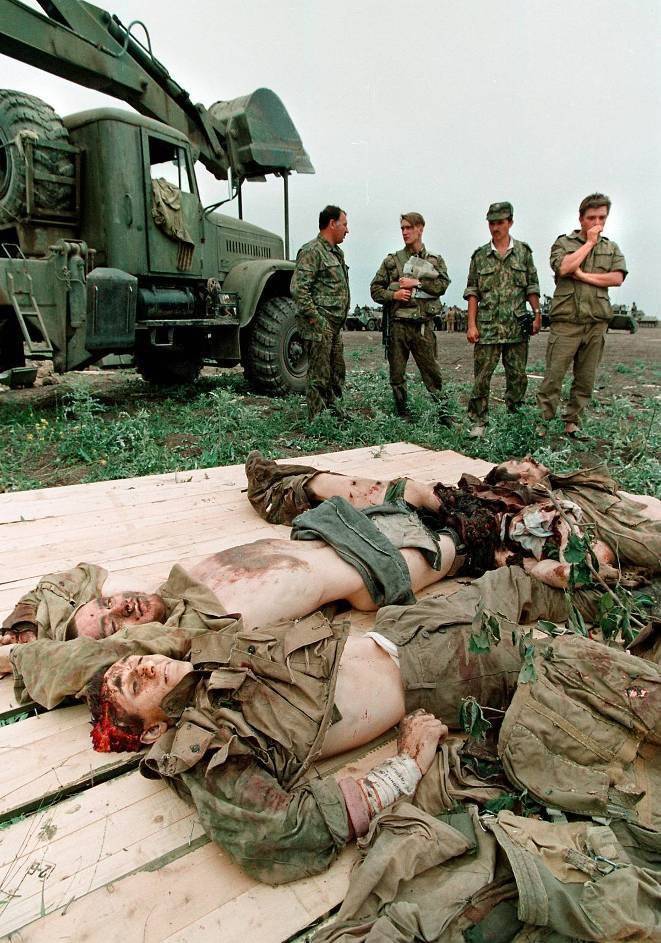
53.
54. Various women's movements (“Soldiers' Mothers”, “White Scarf”, “Women of the Don” and others), worked with military personnel - participants of military operations, released prisoners of war, wounded, other categories of victims during military operations.
55.
56.
57.
58.
59.
60.
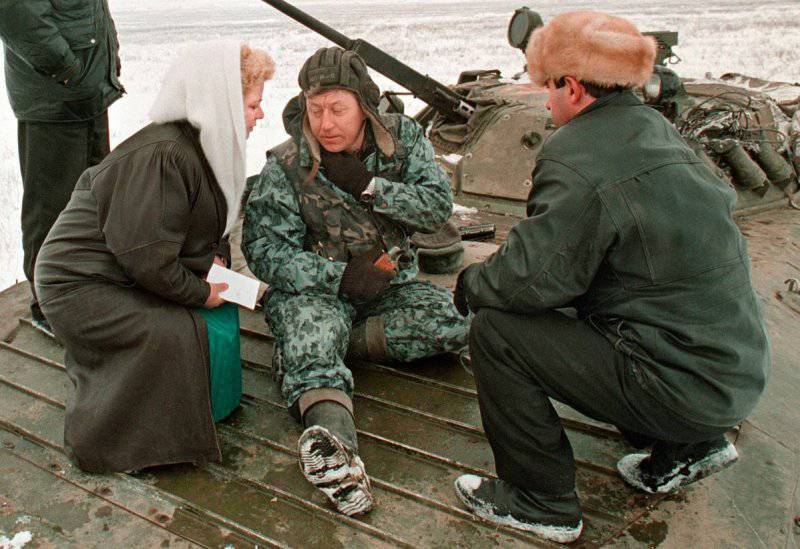
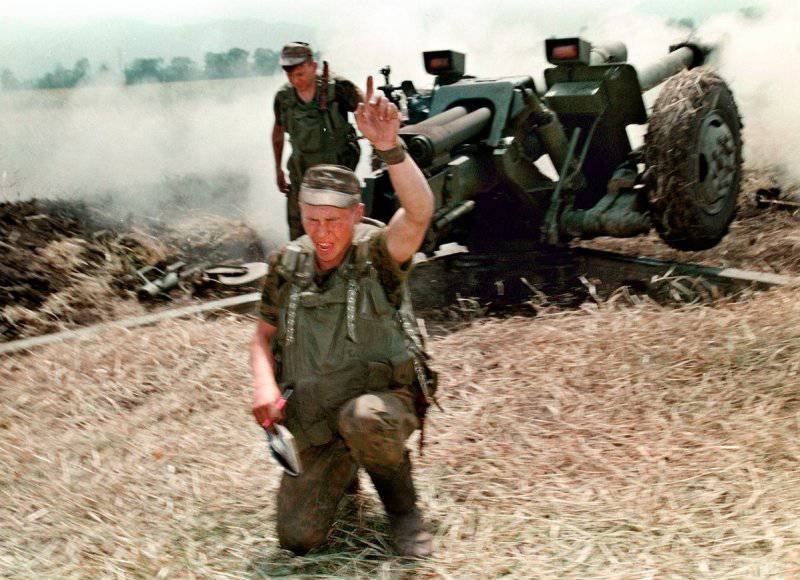
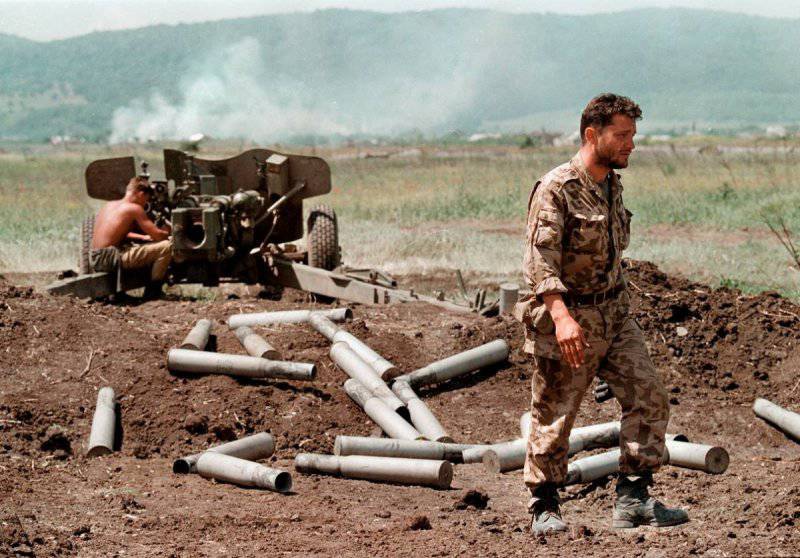
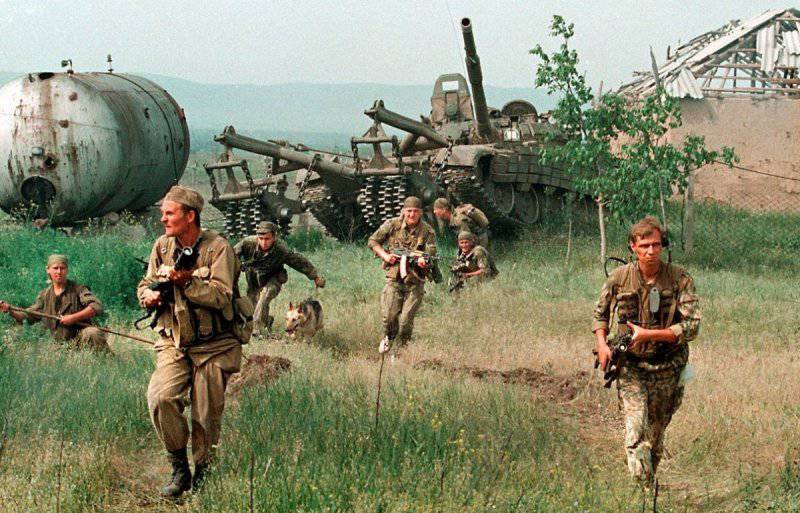
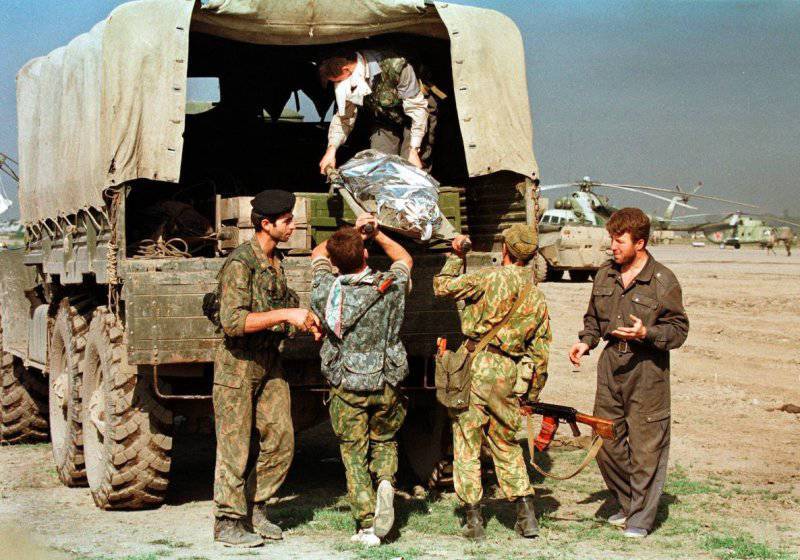
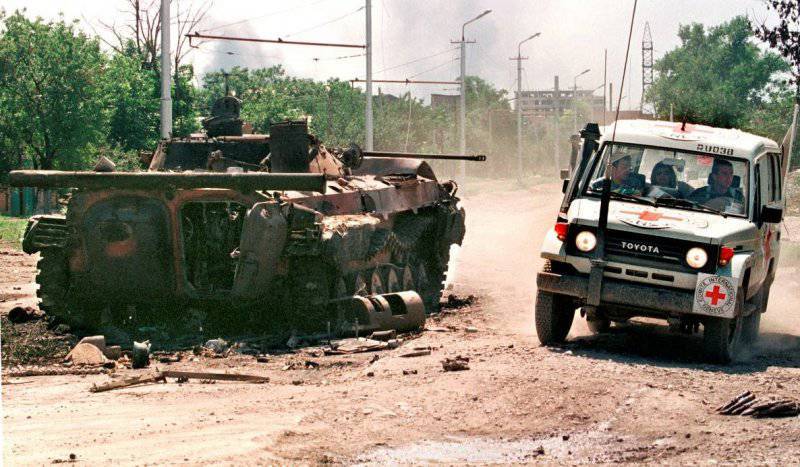
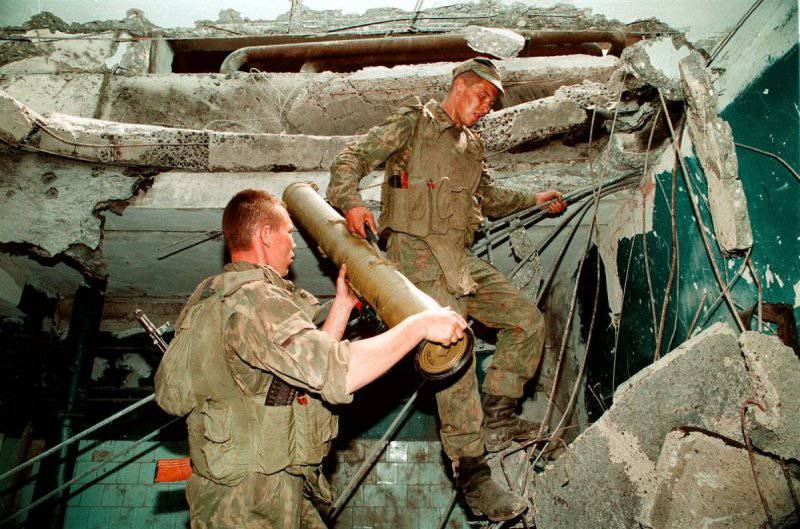
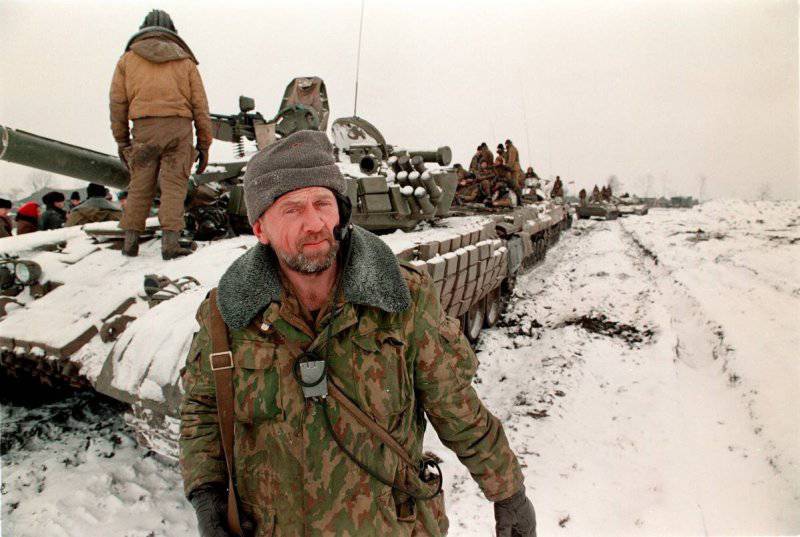
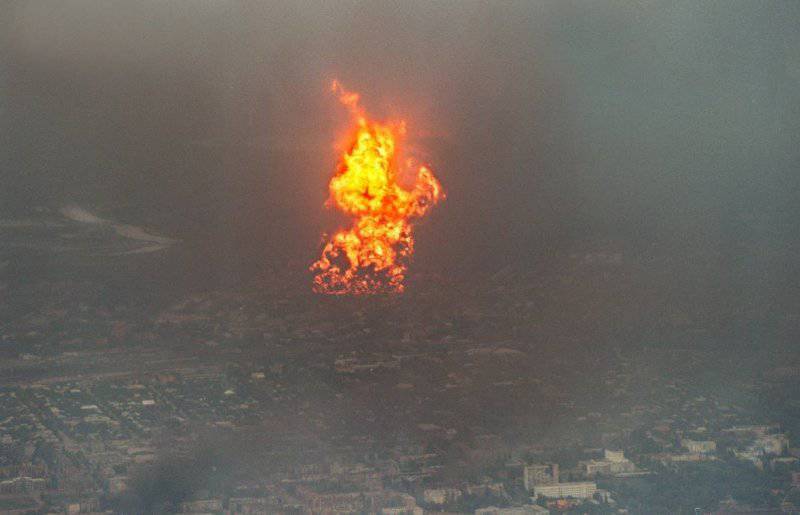
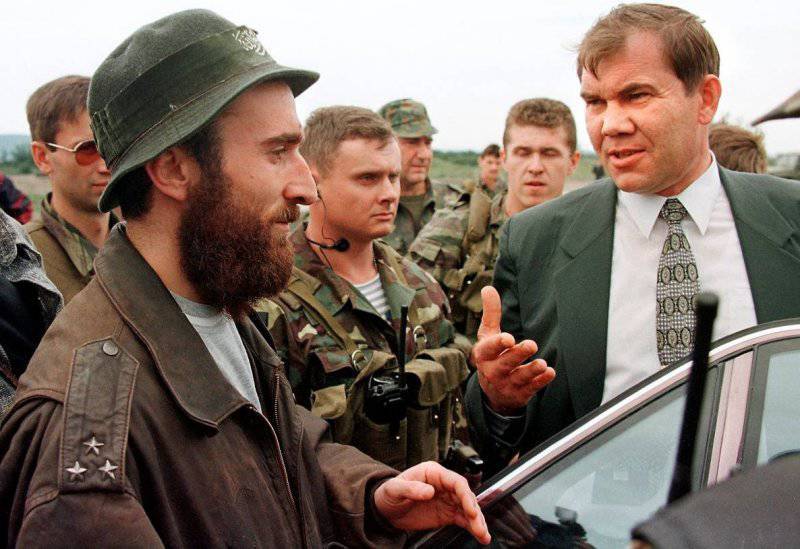
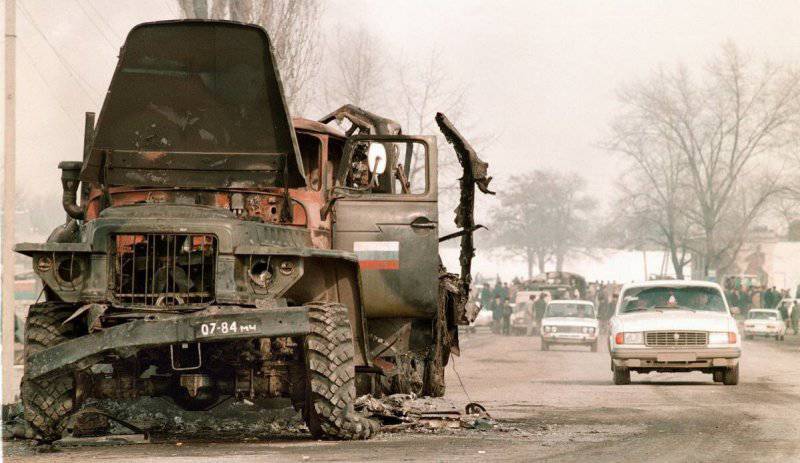
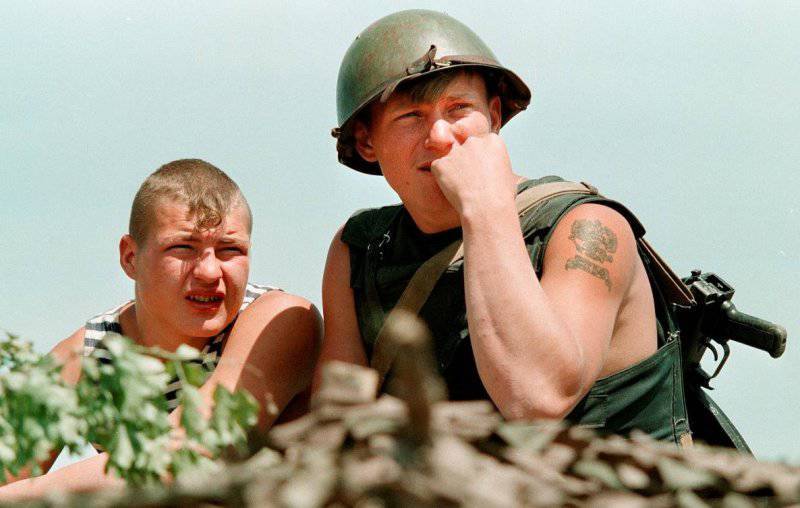
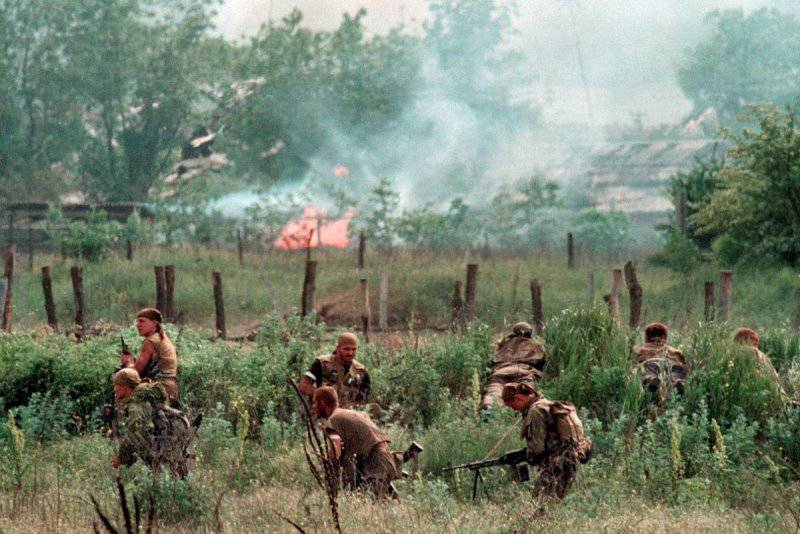
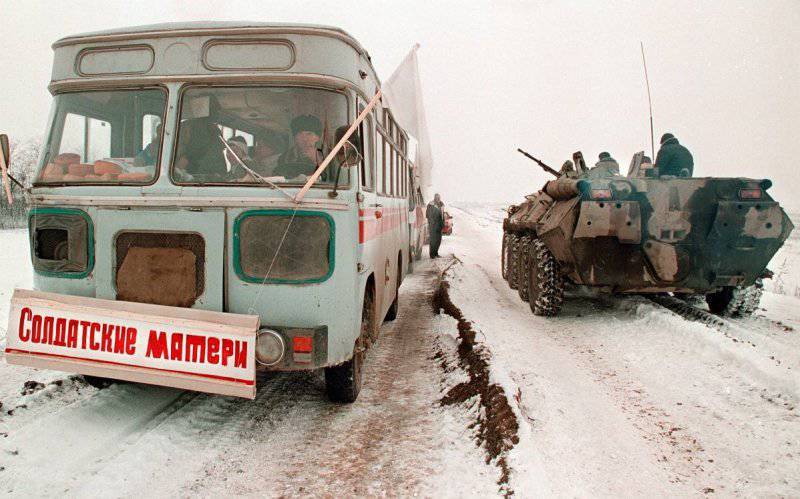
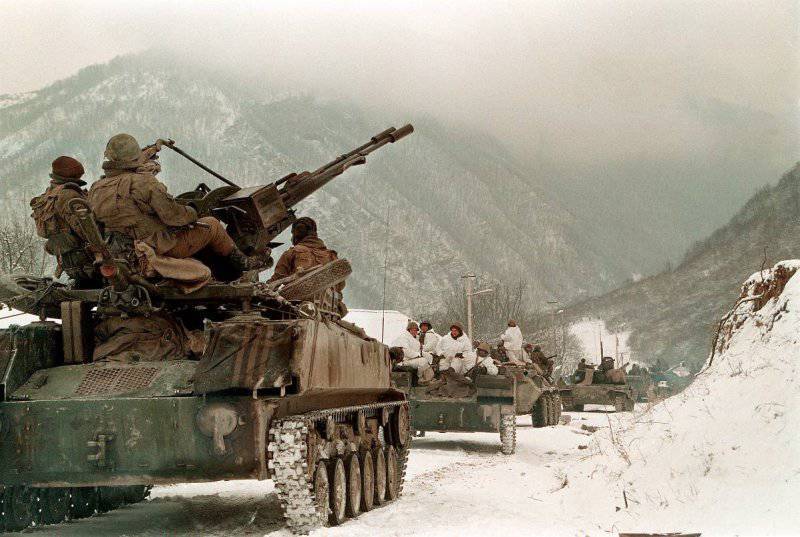
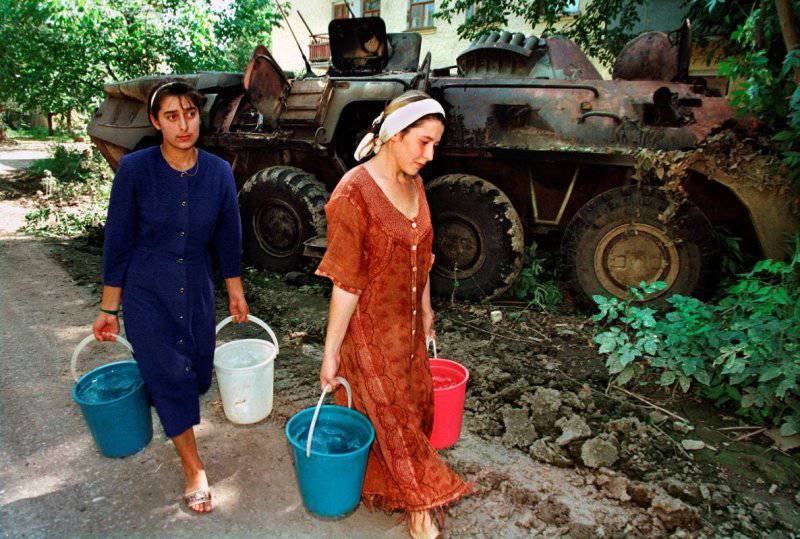
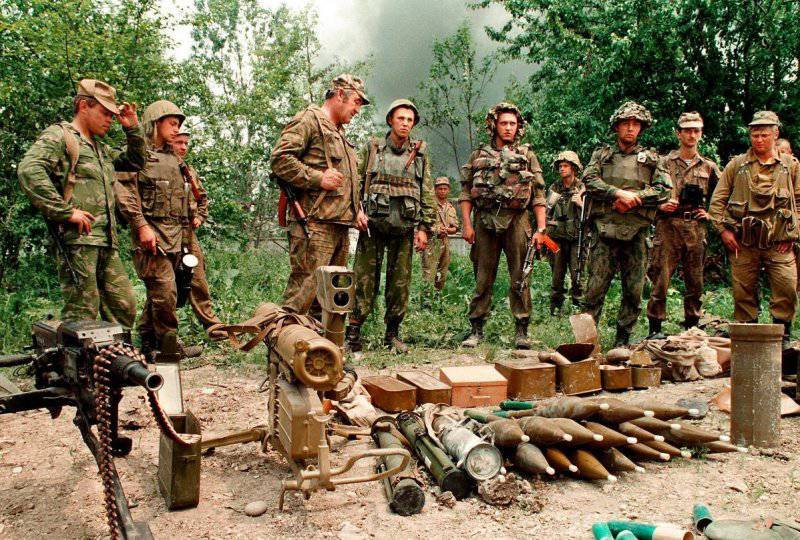
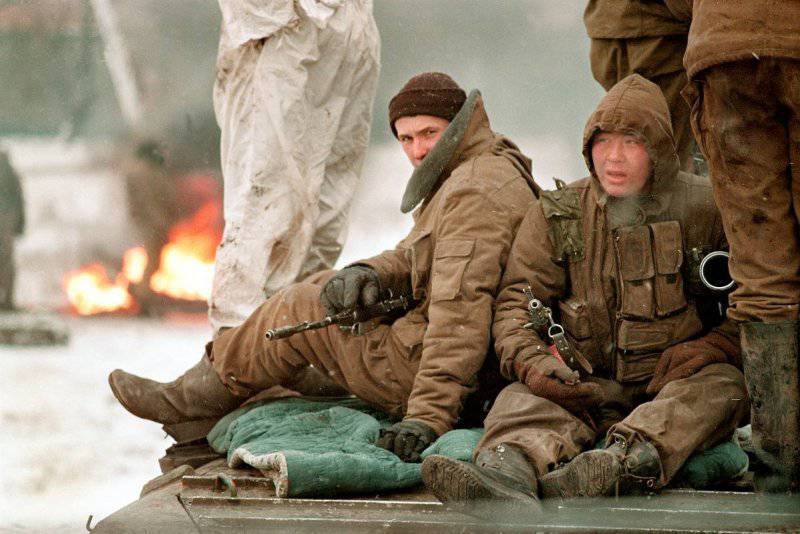
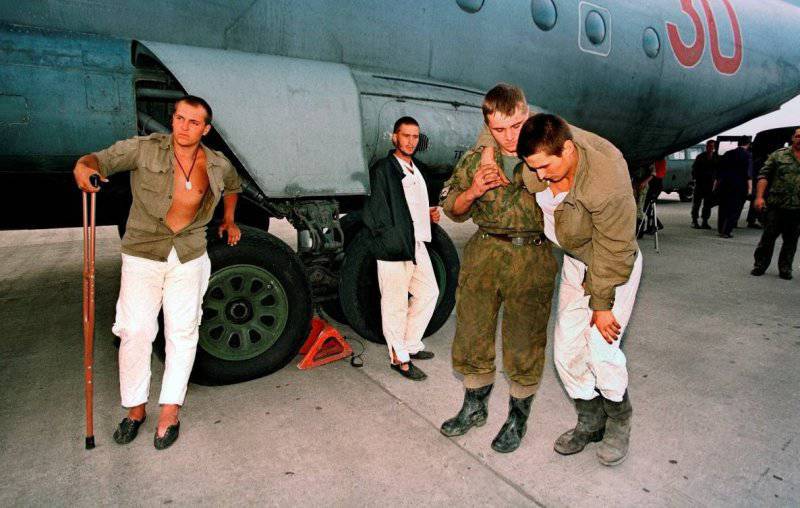
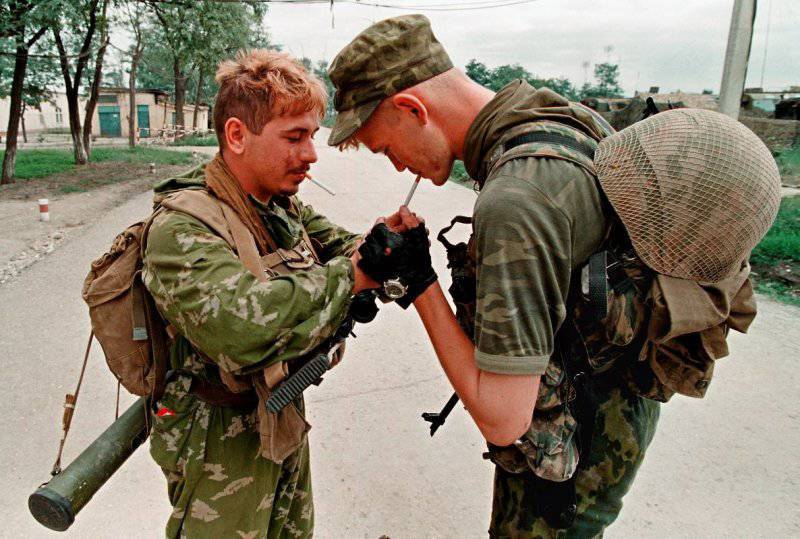
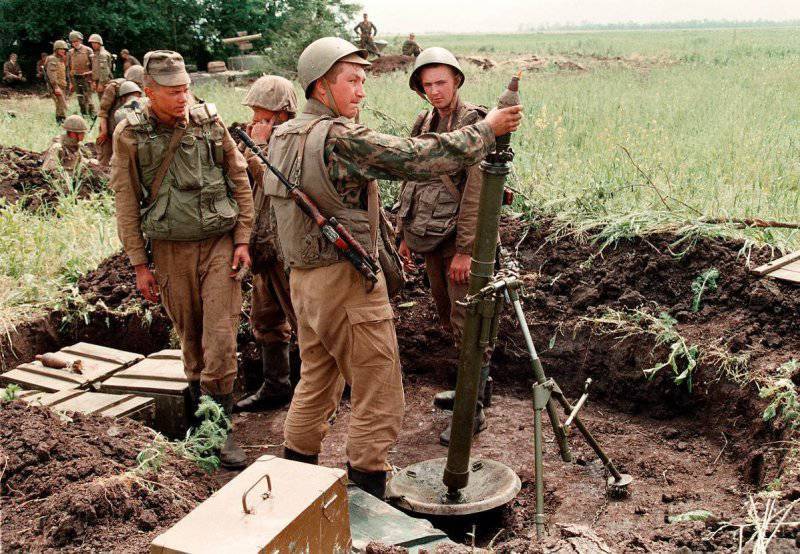
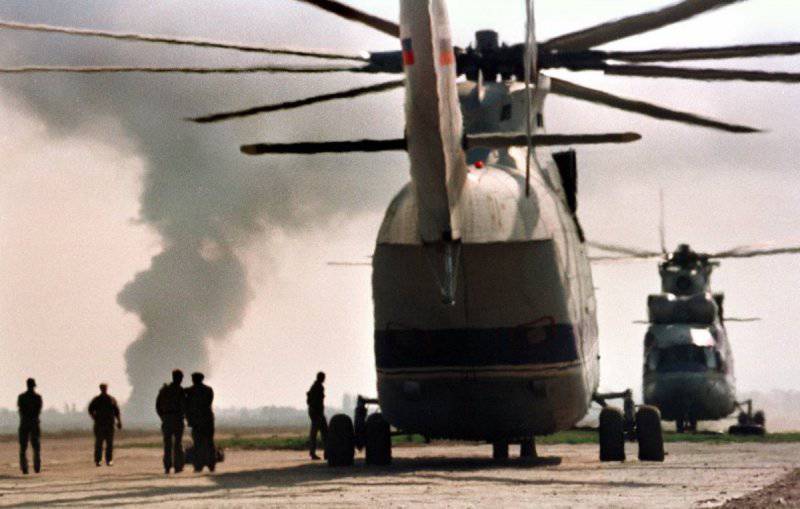
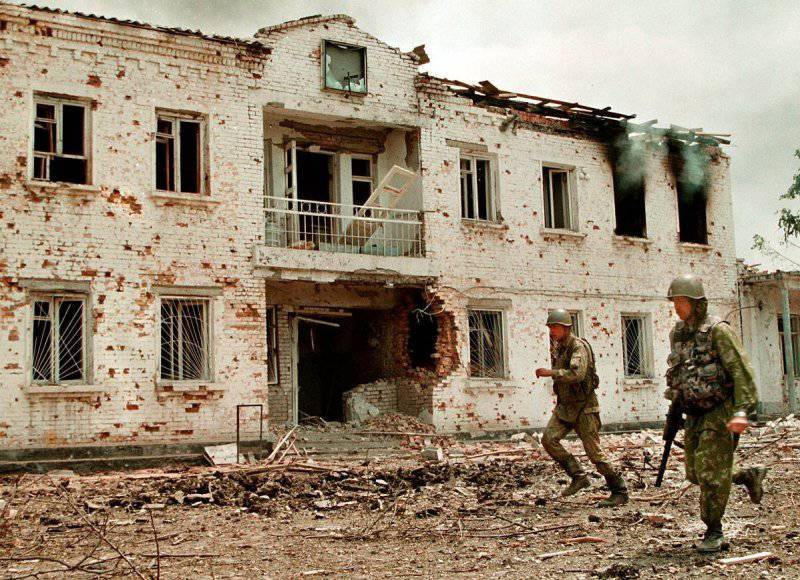
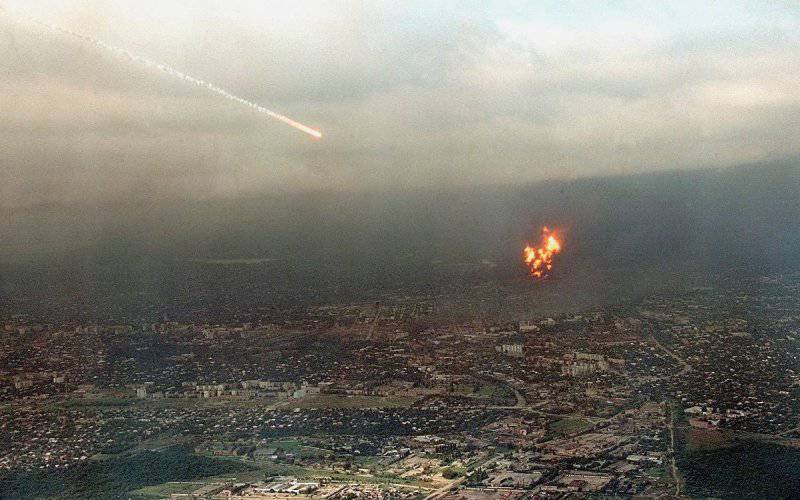
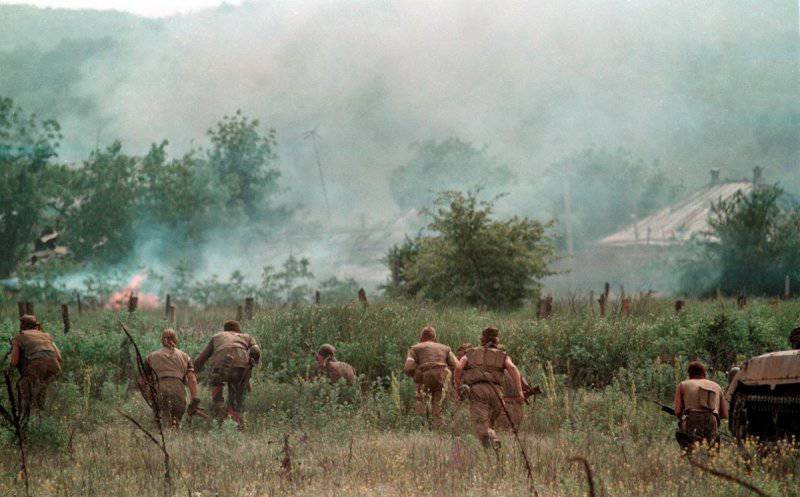
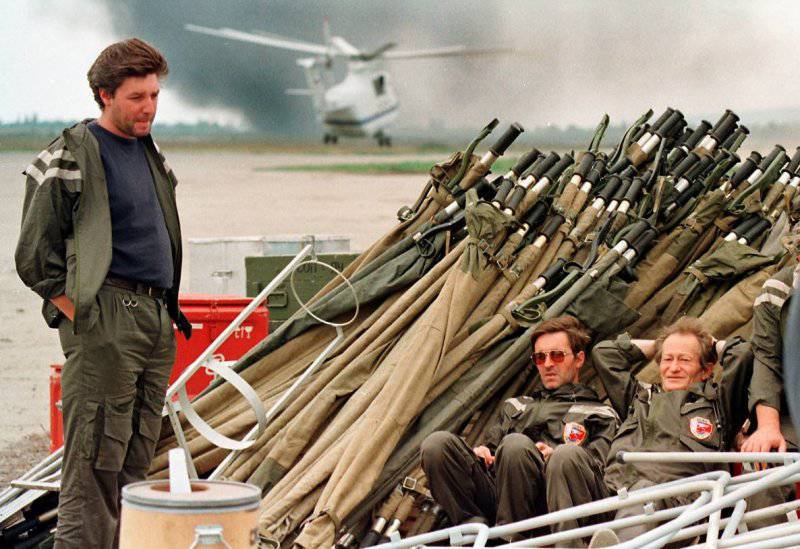
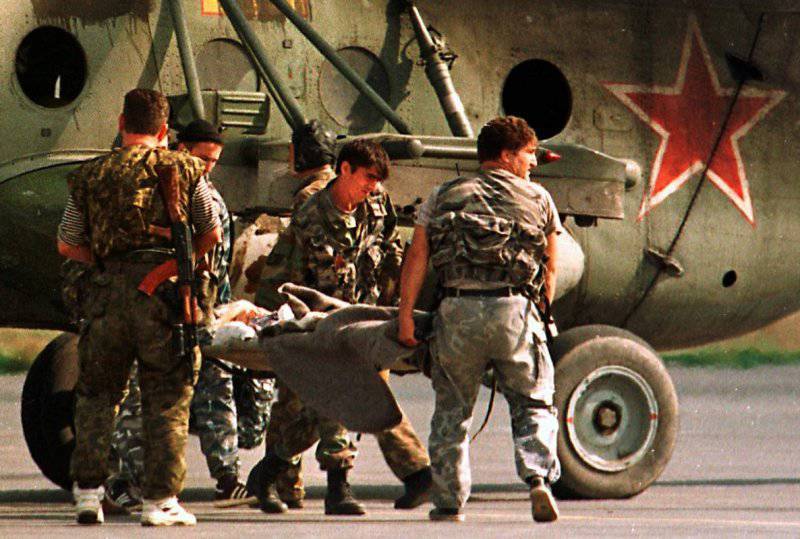
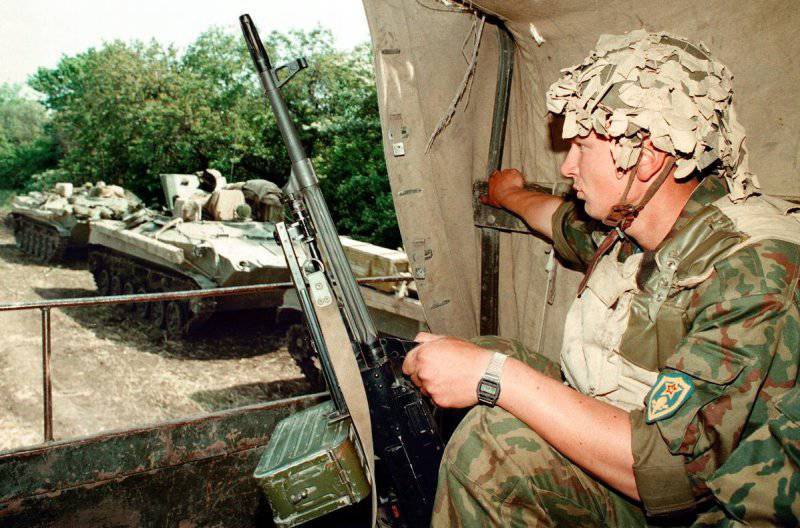
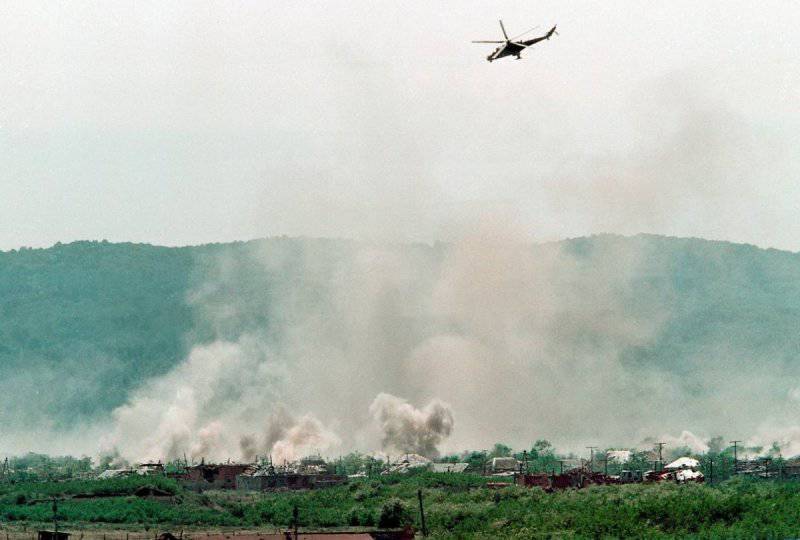
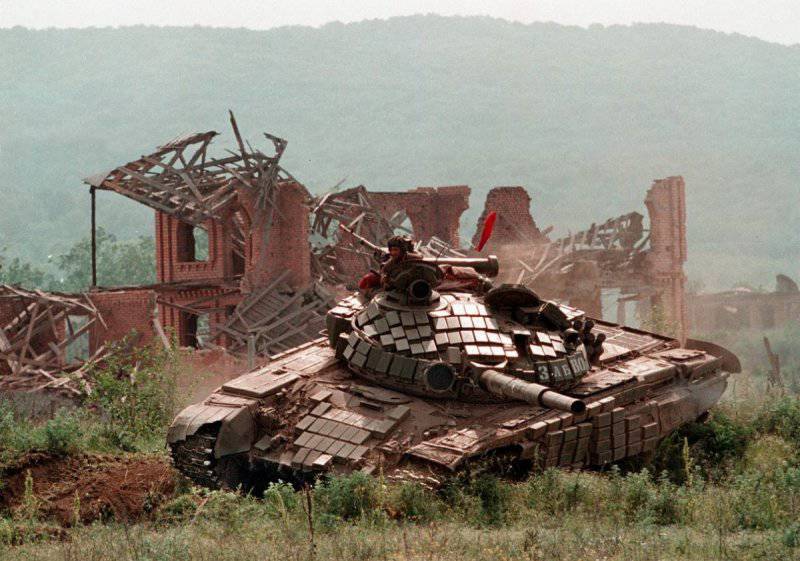
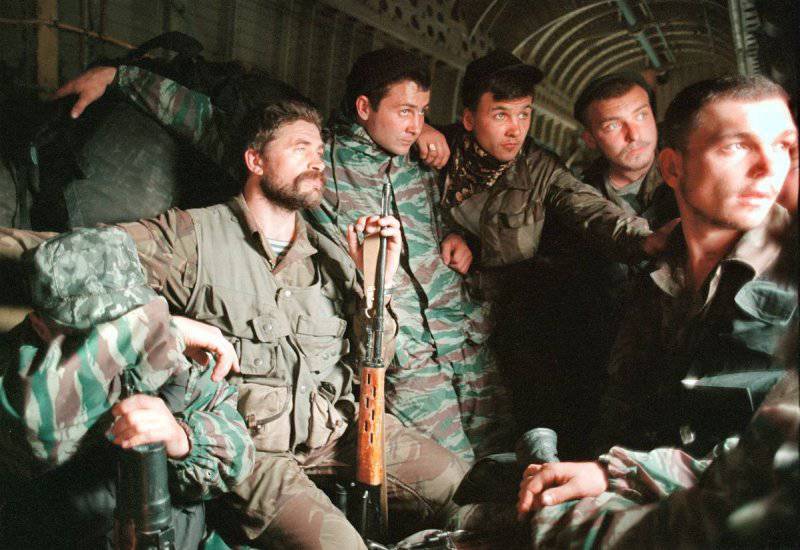
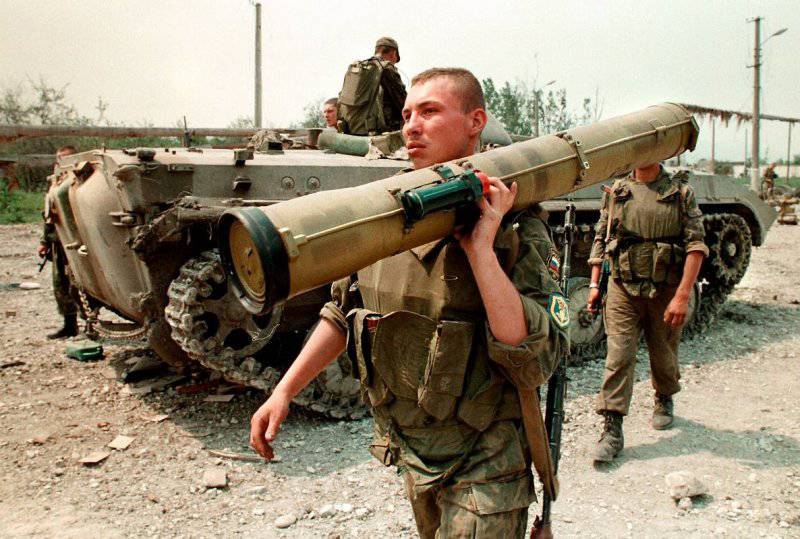
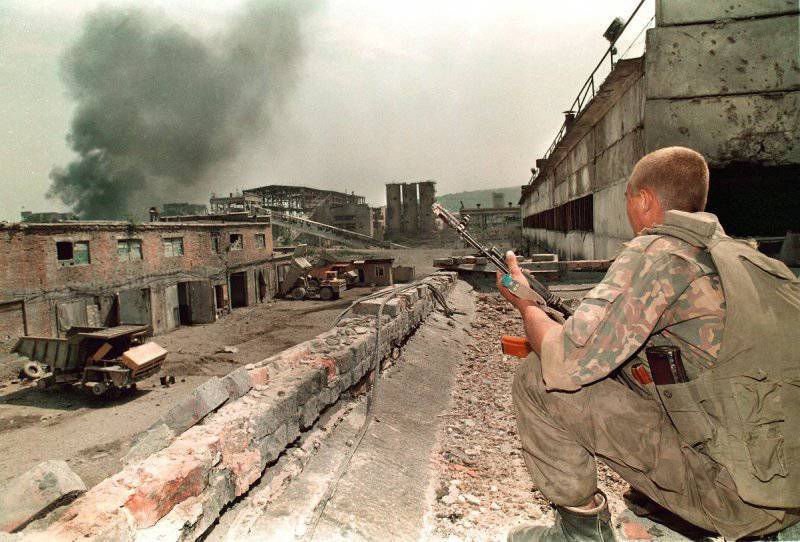
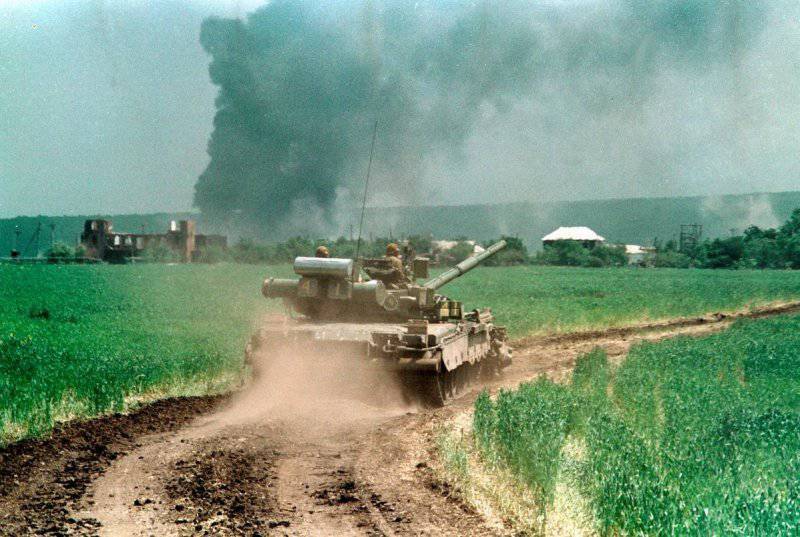
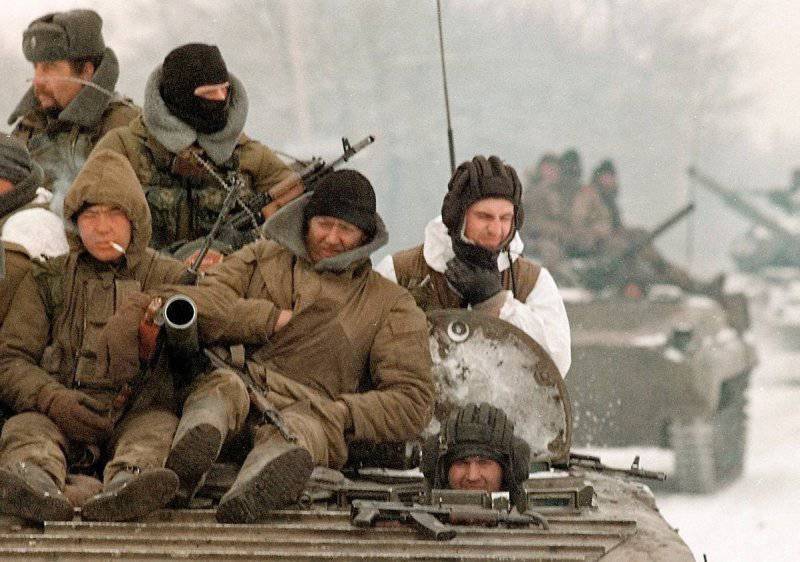
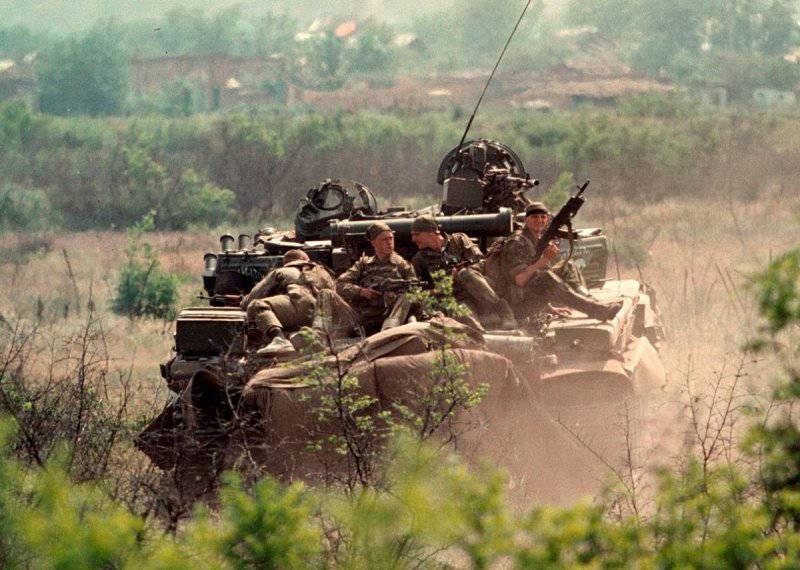
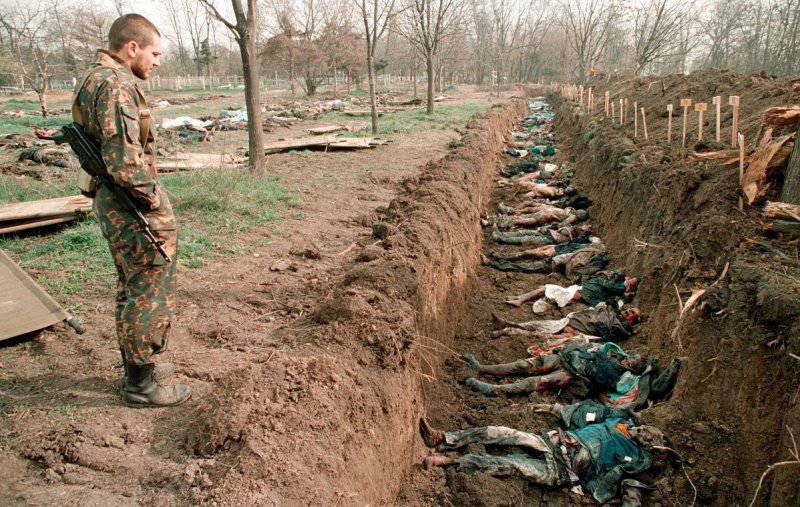
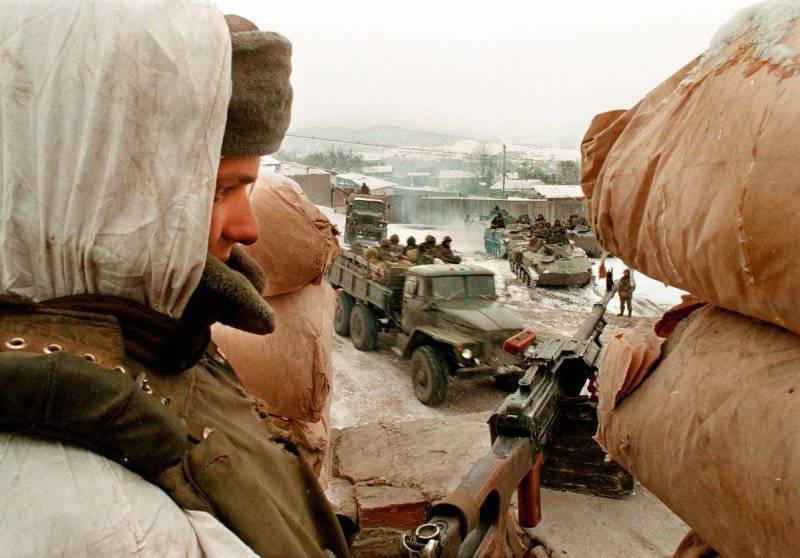
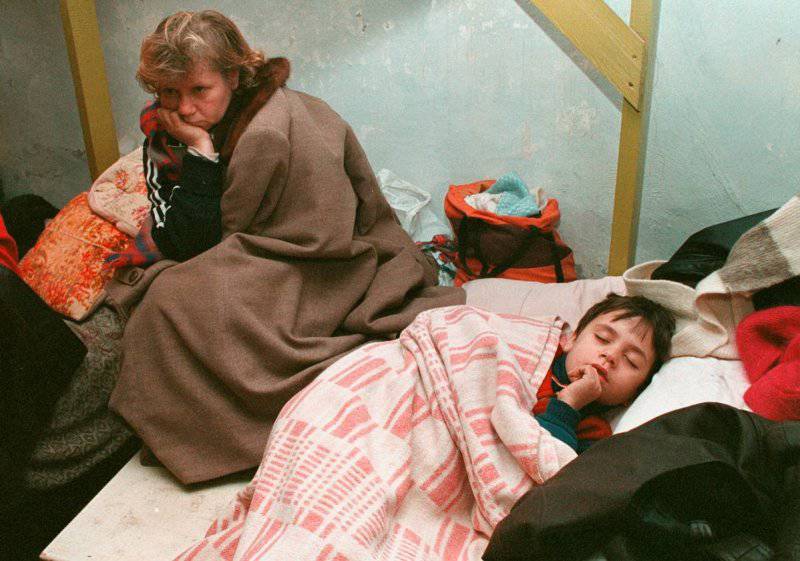
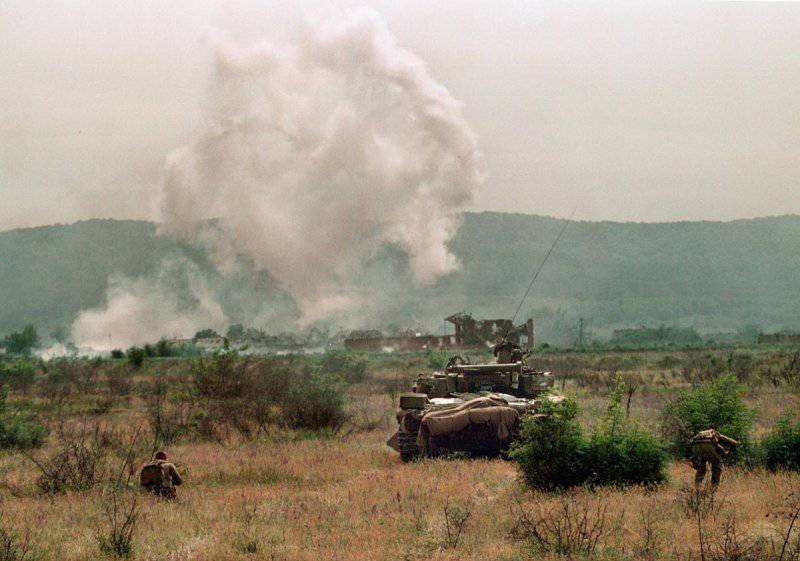
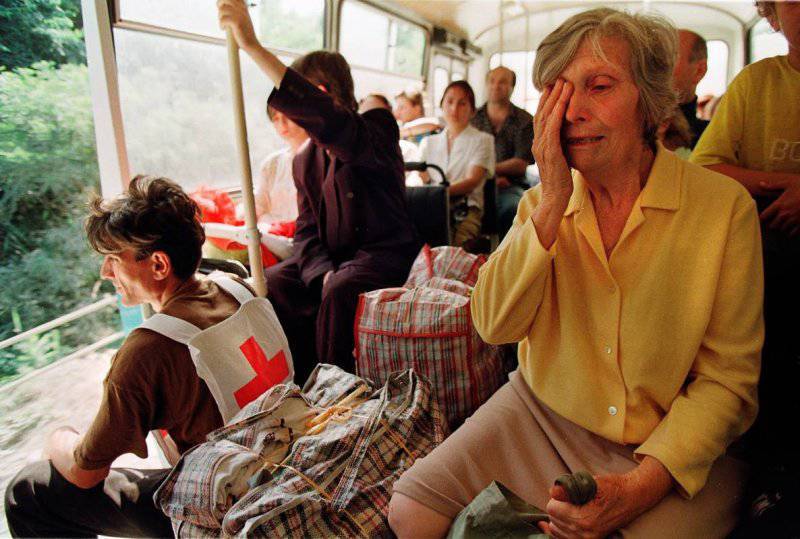
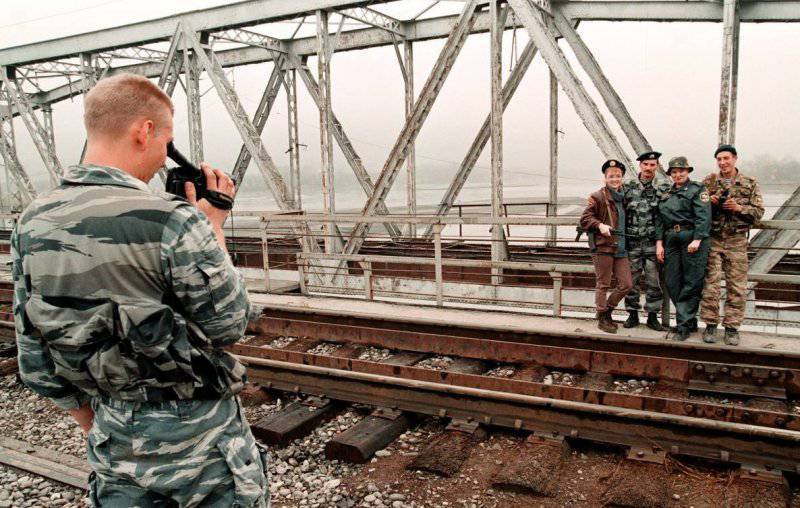
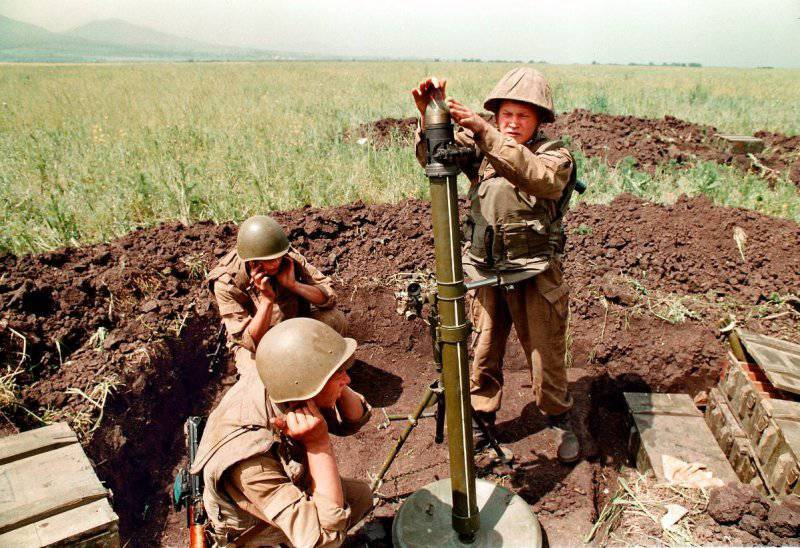
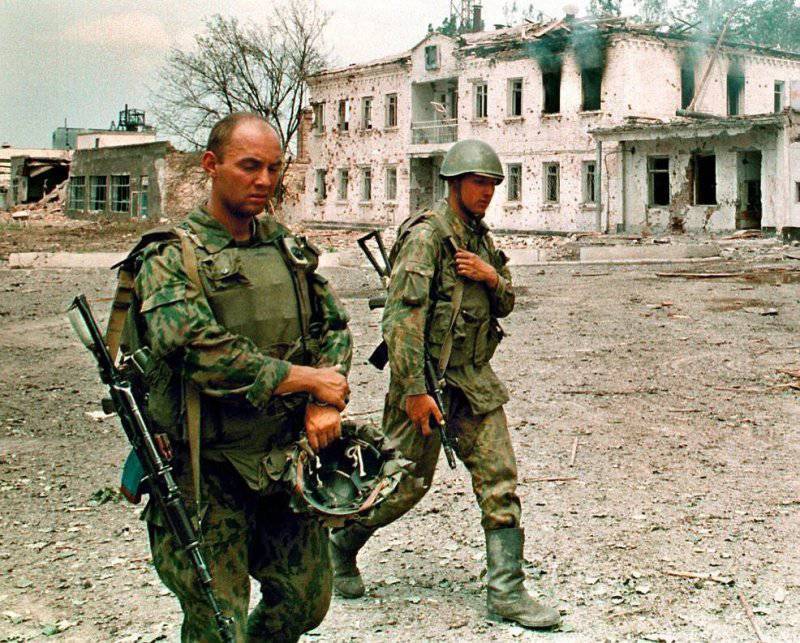

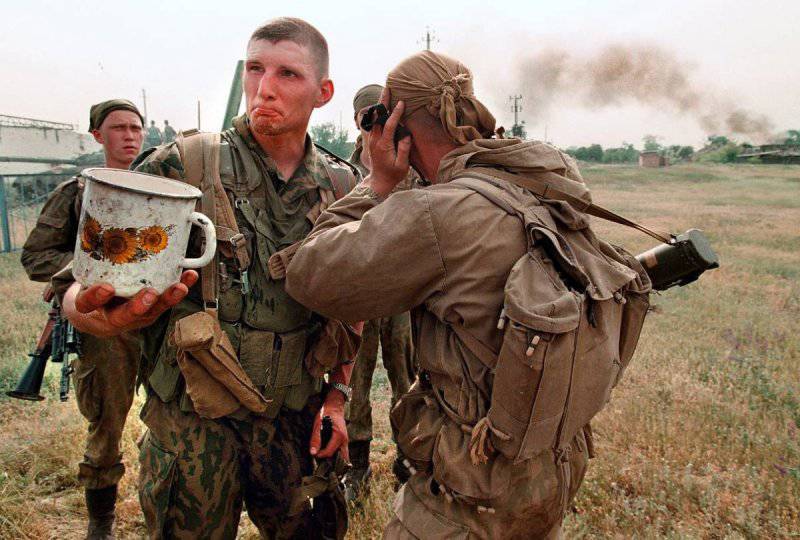
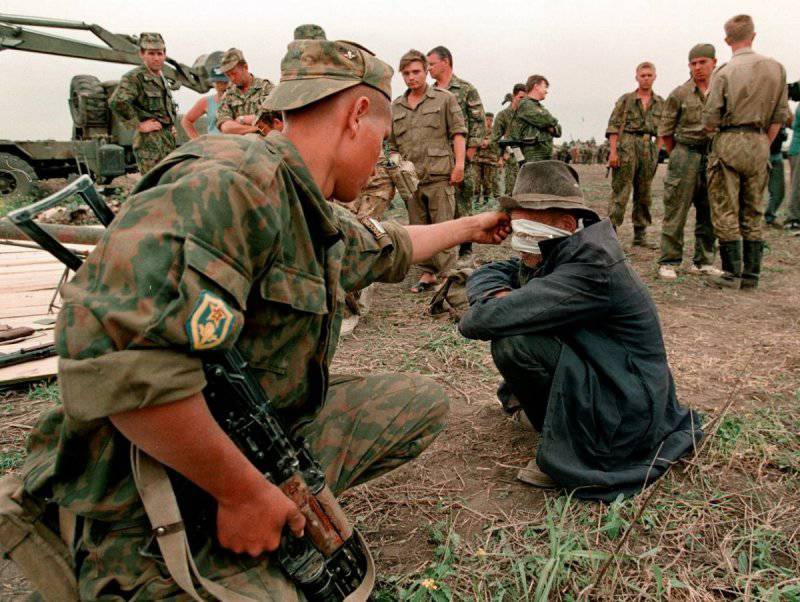
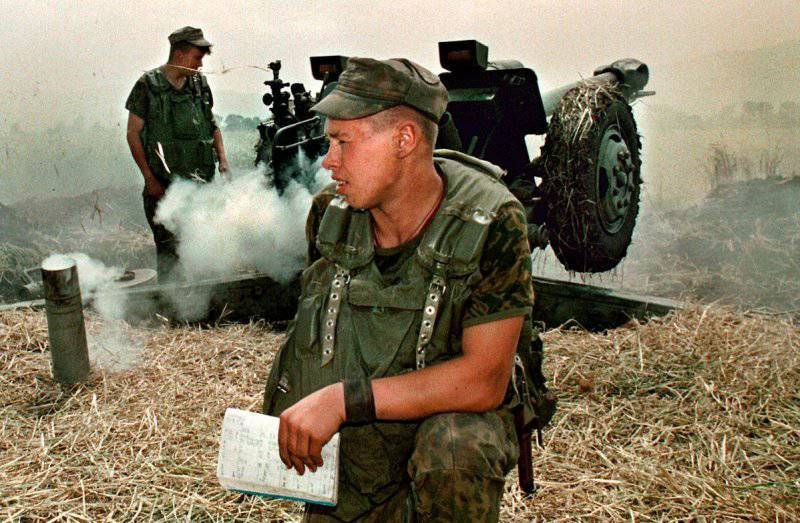
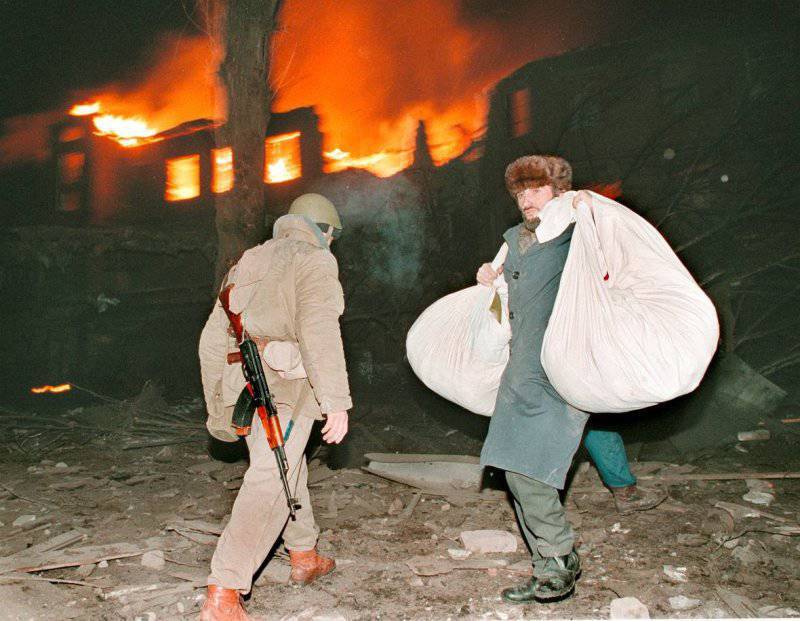
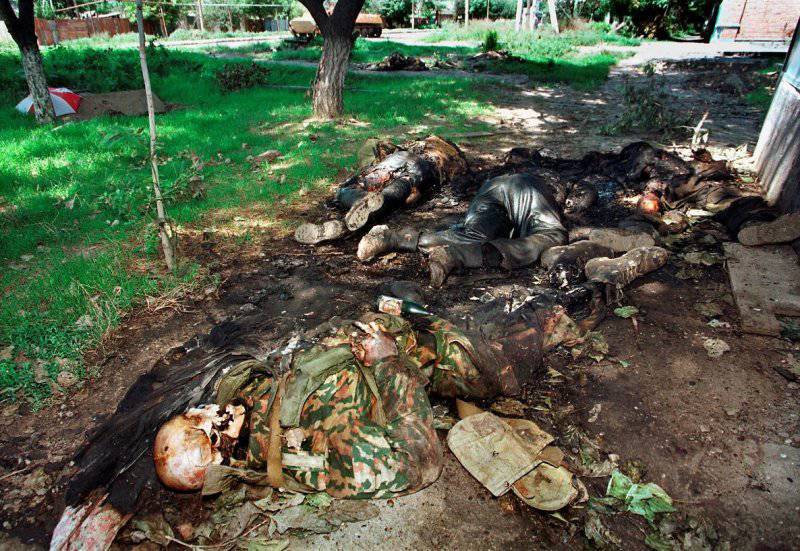
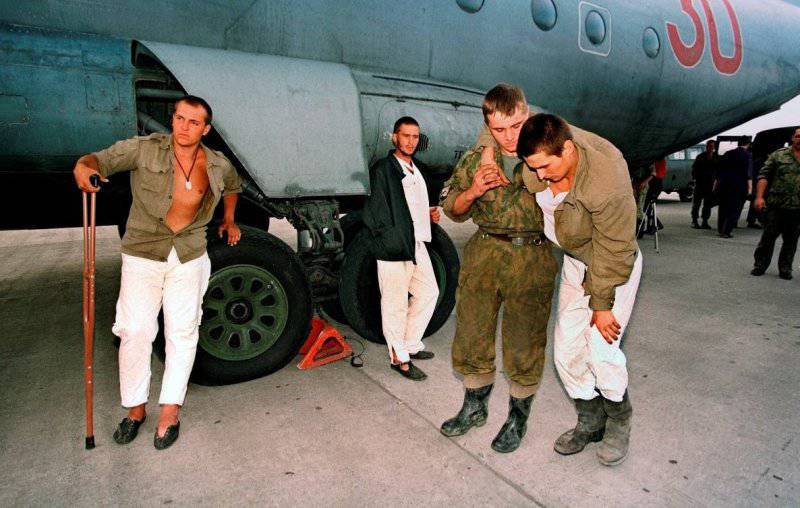
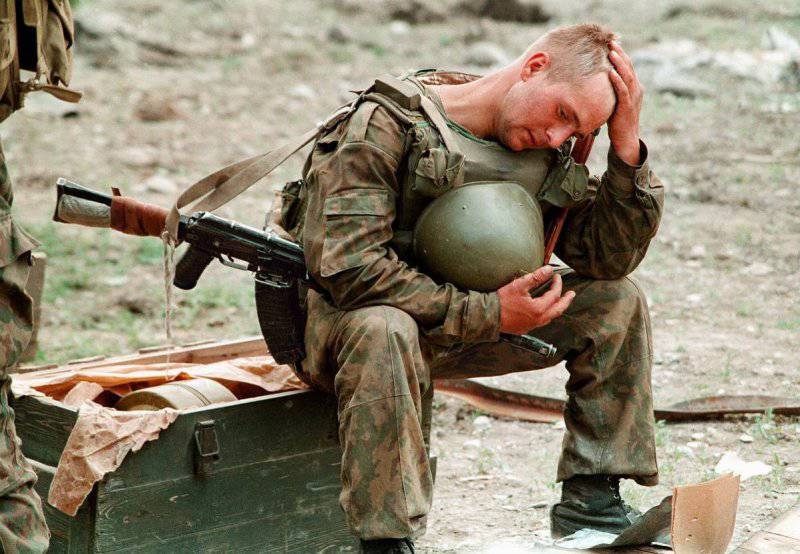
Information